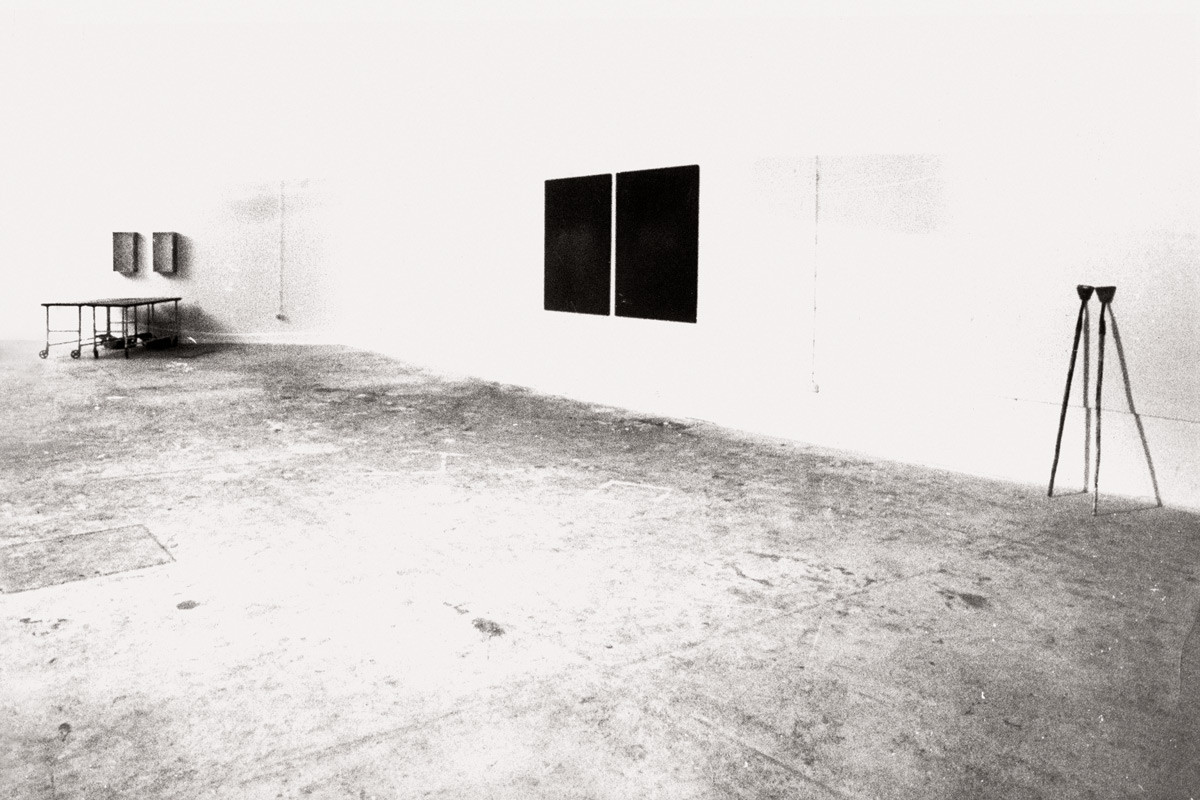Major Exhibitions
Schellmann Art has exhibited in major museums and galleries around the world, including MoMA and Paula Cooper Gallery in New York, Galerie Thaddaeus Ropac in Paris, as well as leading institutions in Munich such as Lenbachhaus, Villa Stuck, and Haus der Kunst. The Nationalgalerie Berlin acquired the complete archive collection of the Wall Works project and dedicated an exhibition to it in 2013. In addition, Schellmann Art operated its own gallery spaces in Munich, Cologne, and New York.
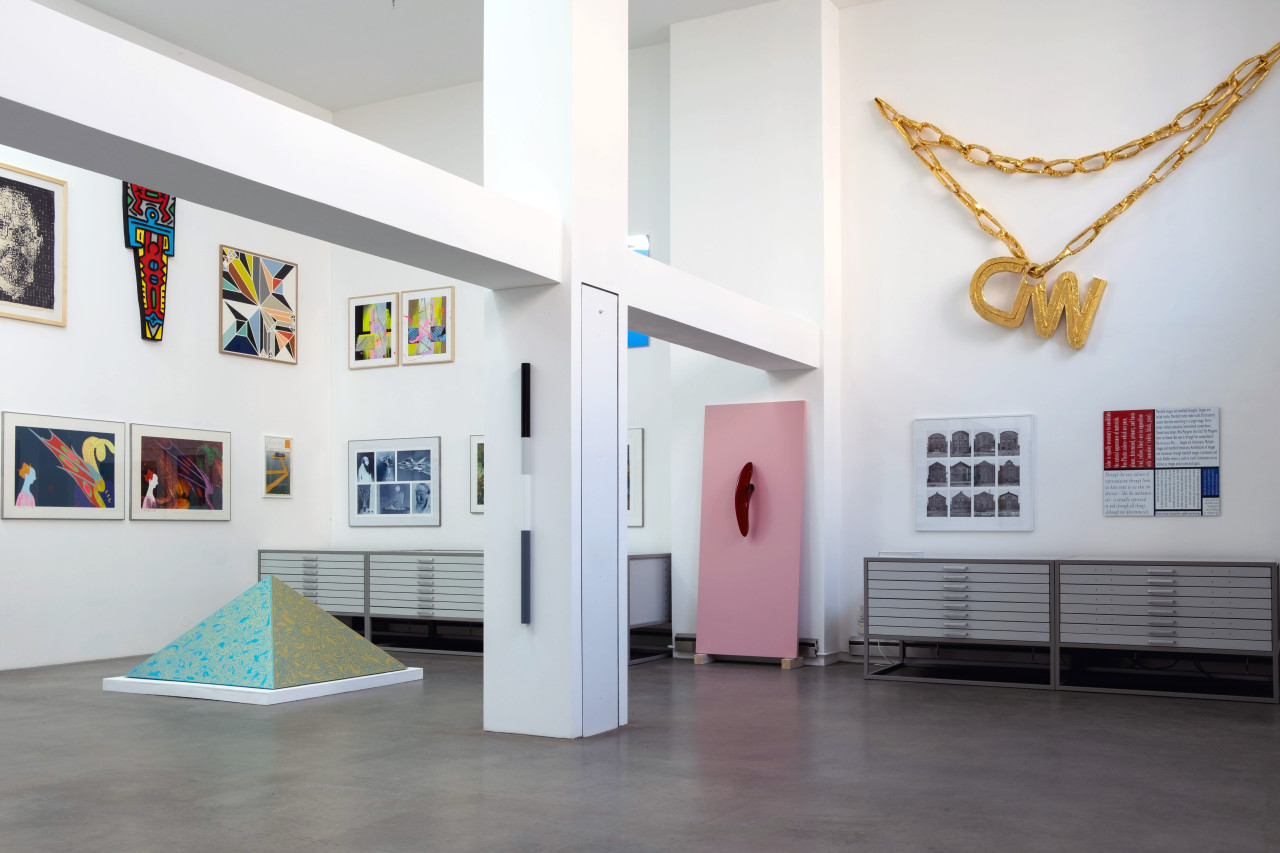
Schellmann Art, Munich
55 Years. 55 Works.
2025
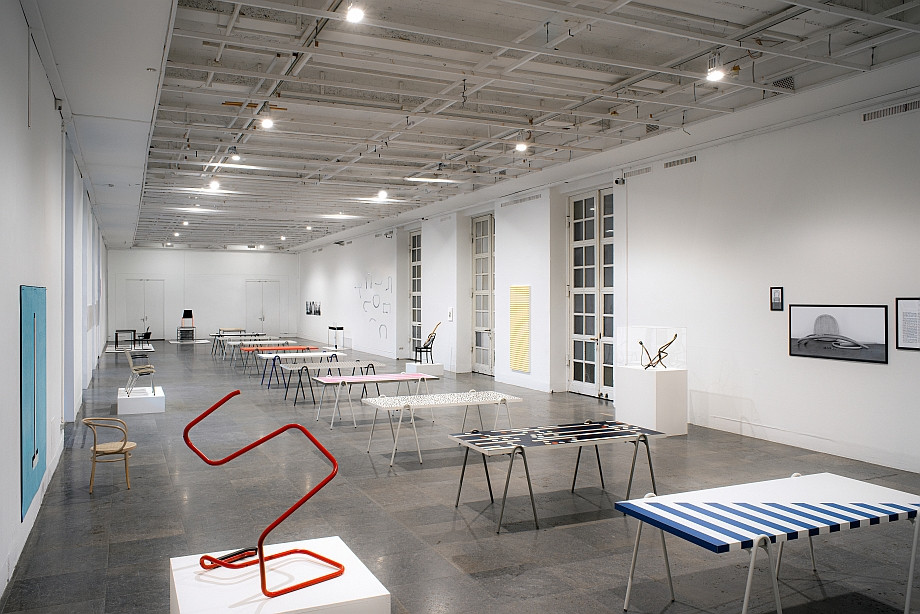
Haus der Kunst, Munich
Thonet200 Project
2019
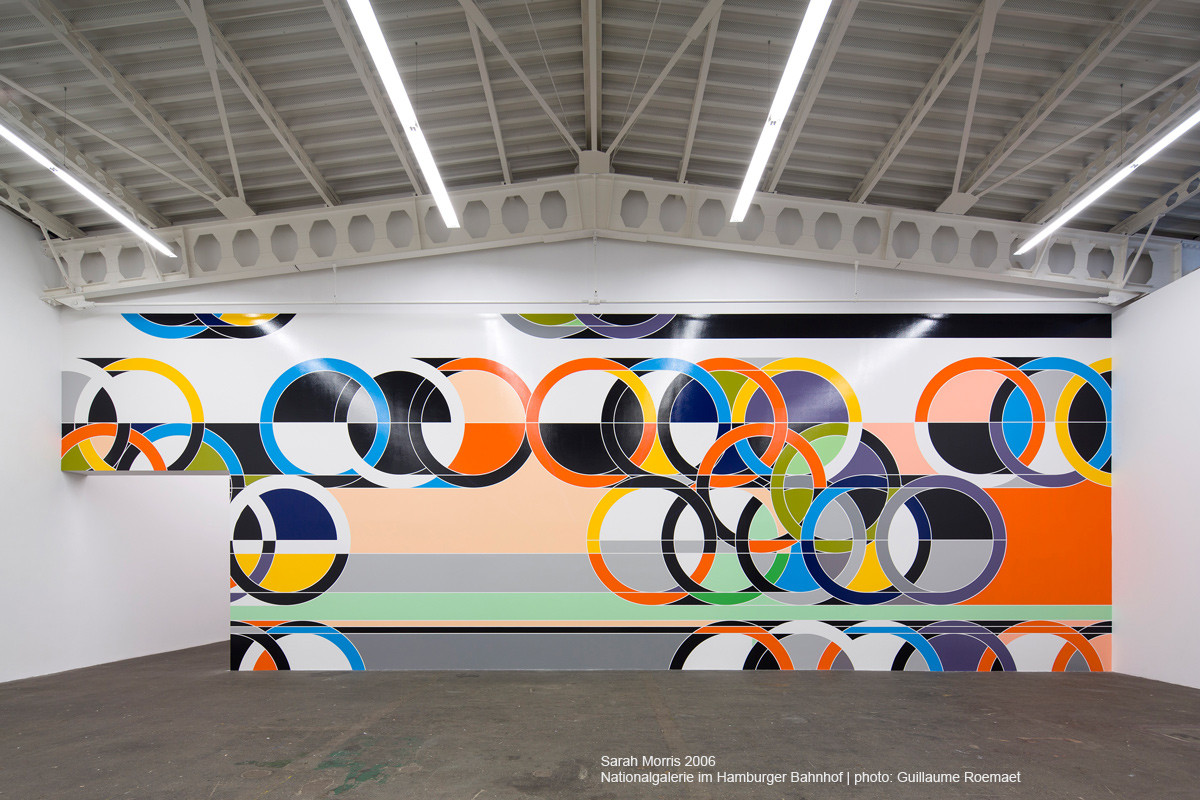
Nationalgalerie Berlin
Wall Works
2013-15
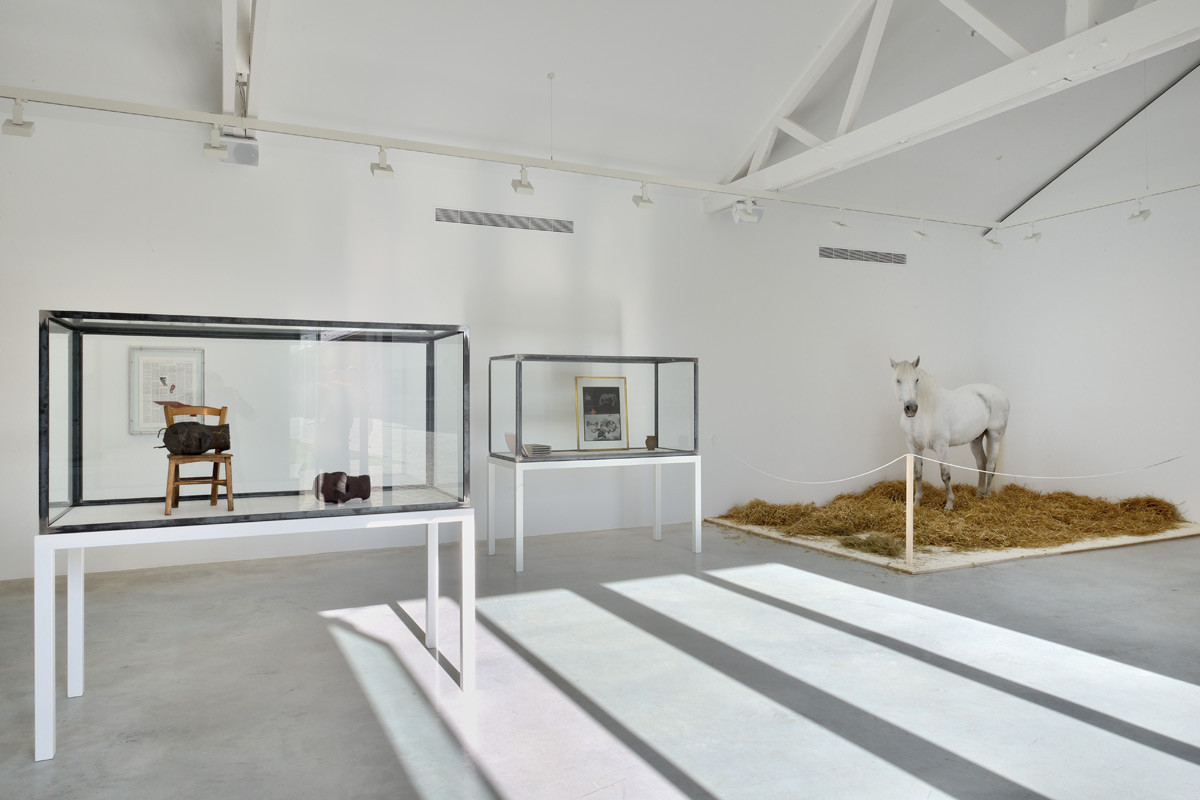
Galerie Thaddaeus Ropac, Paris
Joseph Beuys: Iphigenie
2013
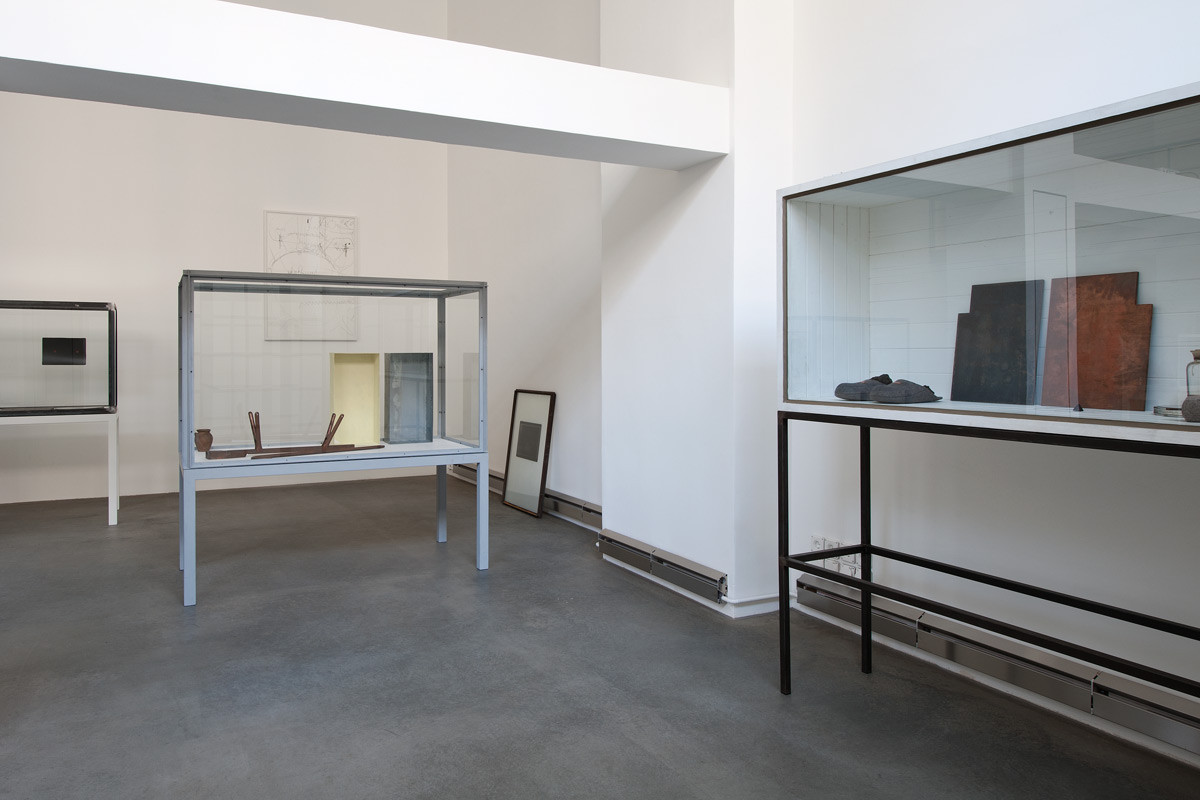
Schellmann Gallery, Munich
Joseph Beuys: A Colorful World
2011
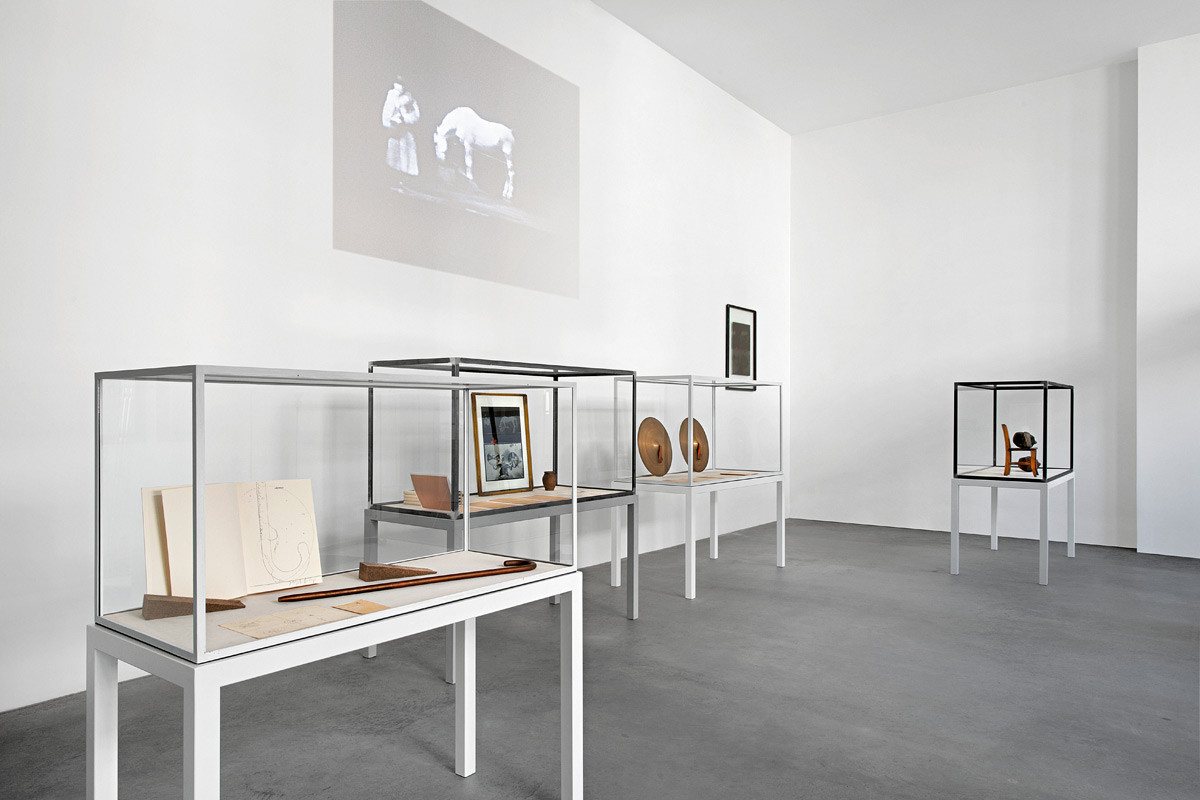
Schellmann Gallery, Munich
Joseph Beuys: I (I myself Iphigenia)
2011
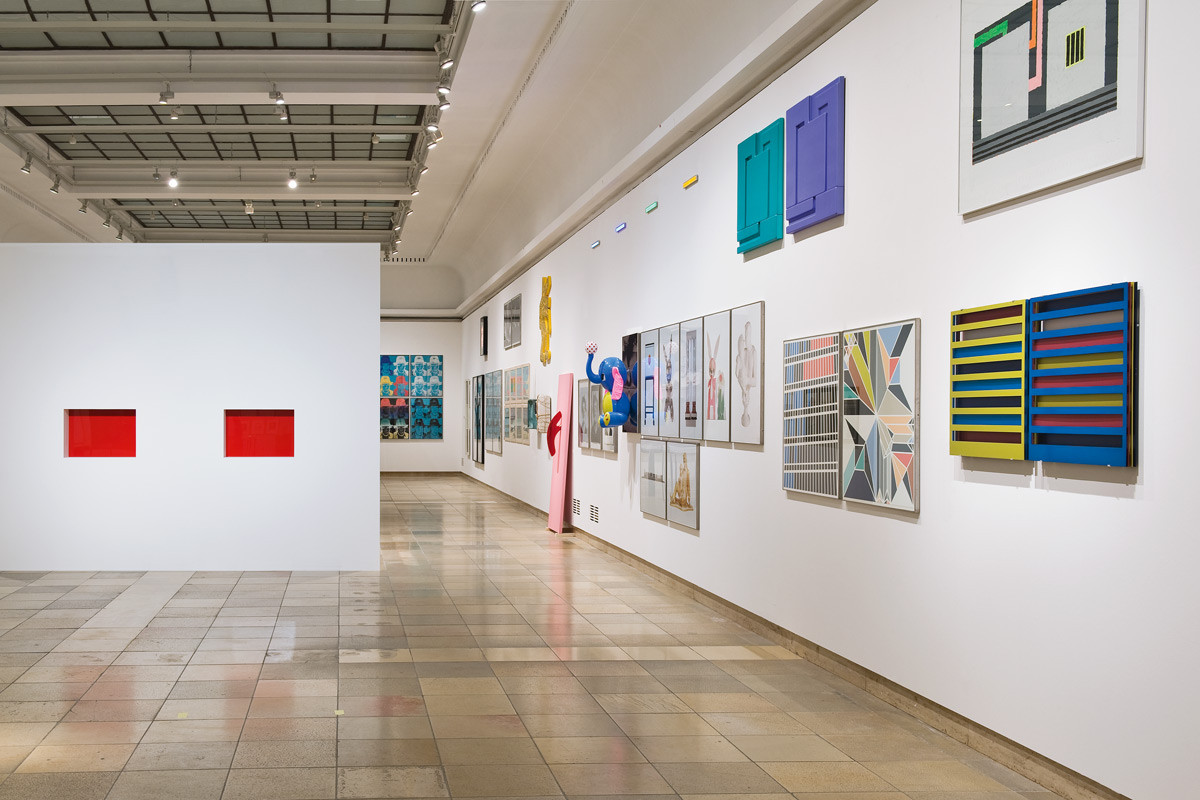
Haus der Kunst, Munich
Made in Munich
2008
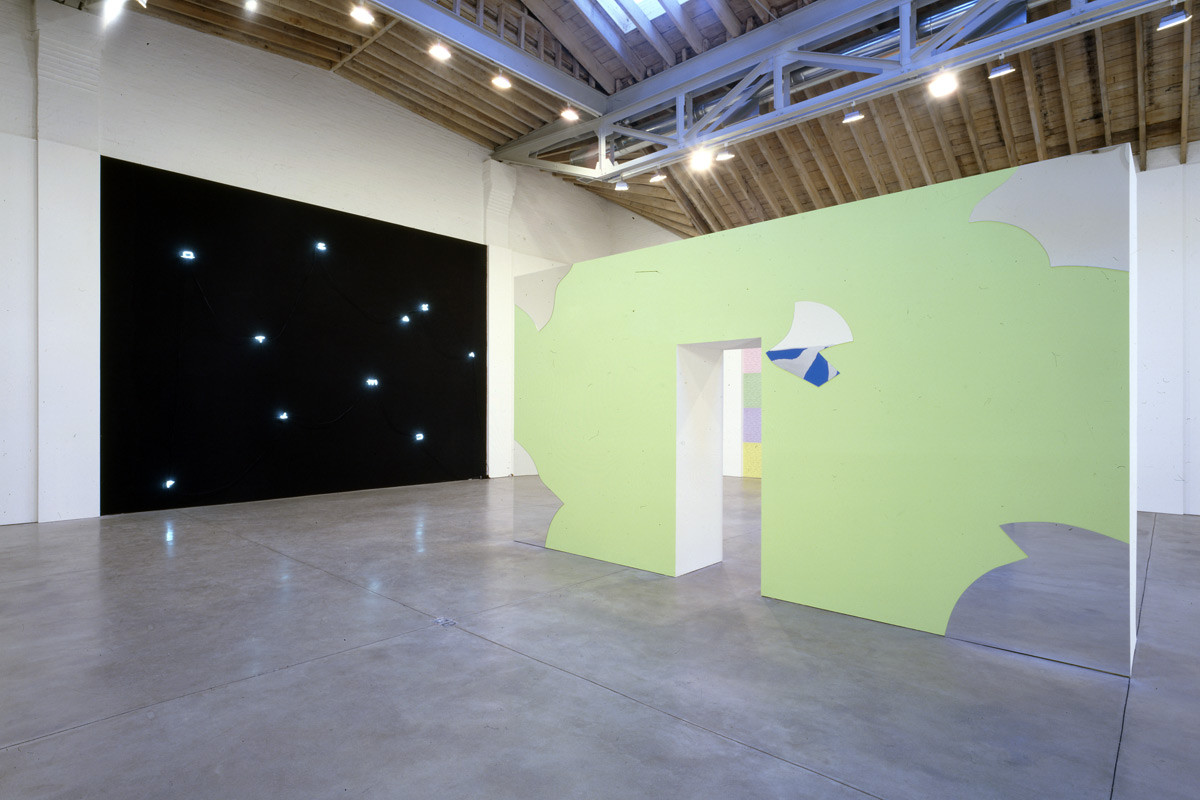
Paula Cooper Gallery, NYC
Wall Works
1999
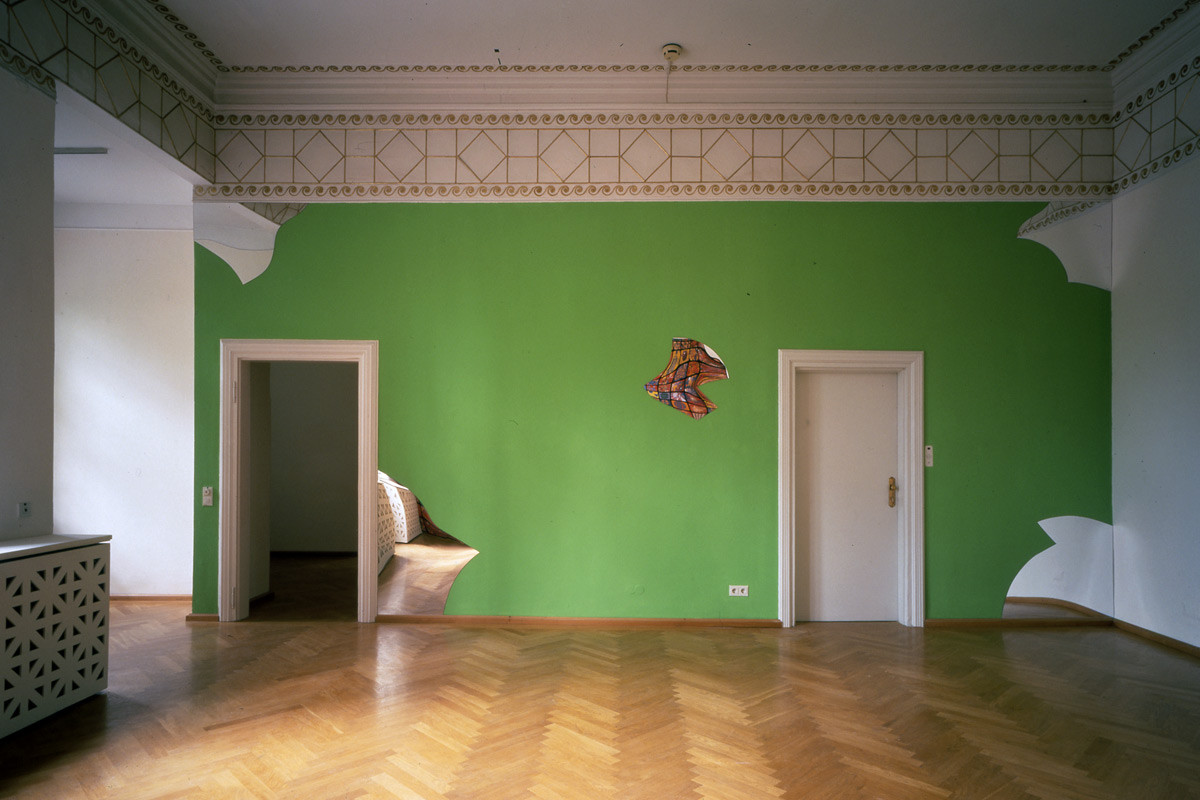
Museum Villa Stuck, Munich
Wall Works
1999
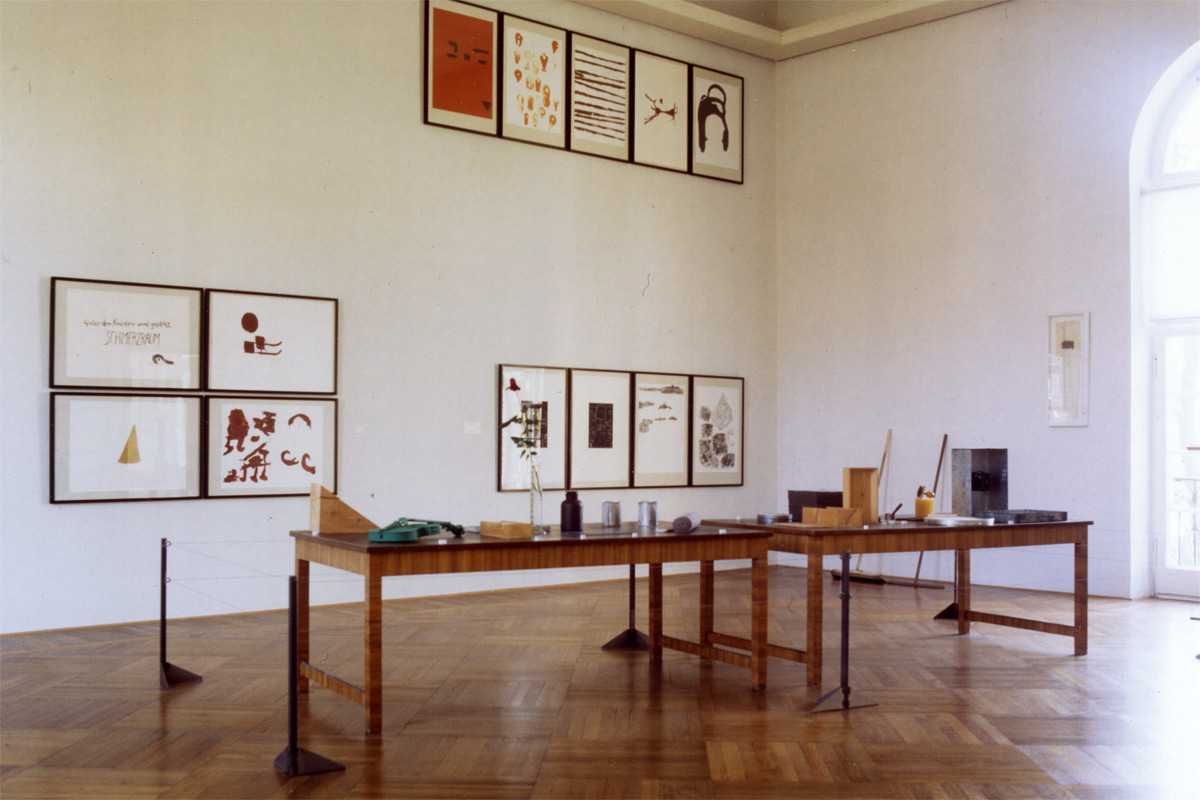
Lenbachhaus, Munich
Joseph Beuys: Multiples
1999
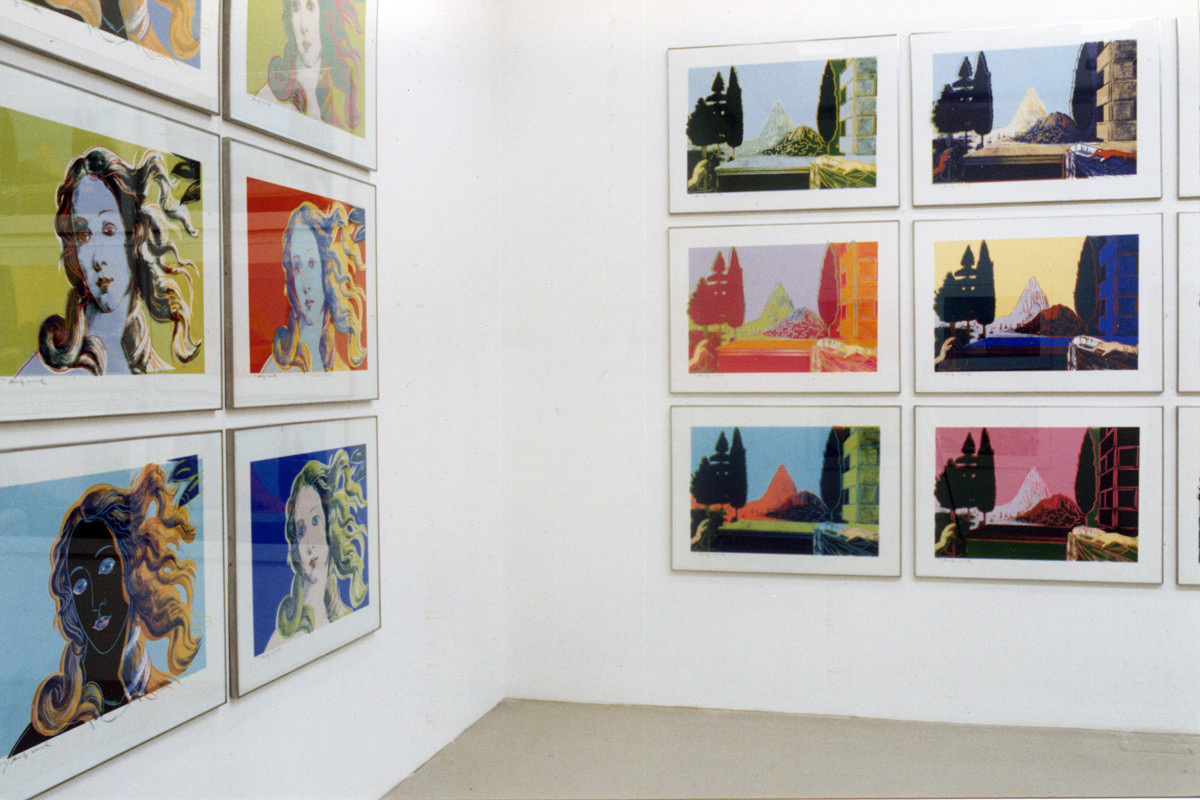
Museum Friedericianum, Kassel
Andy Warhol: Art from Art
1994/95
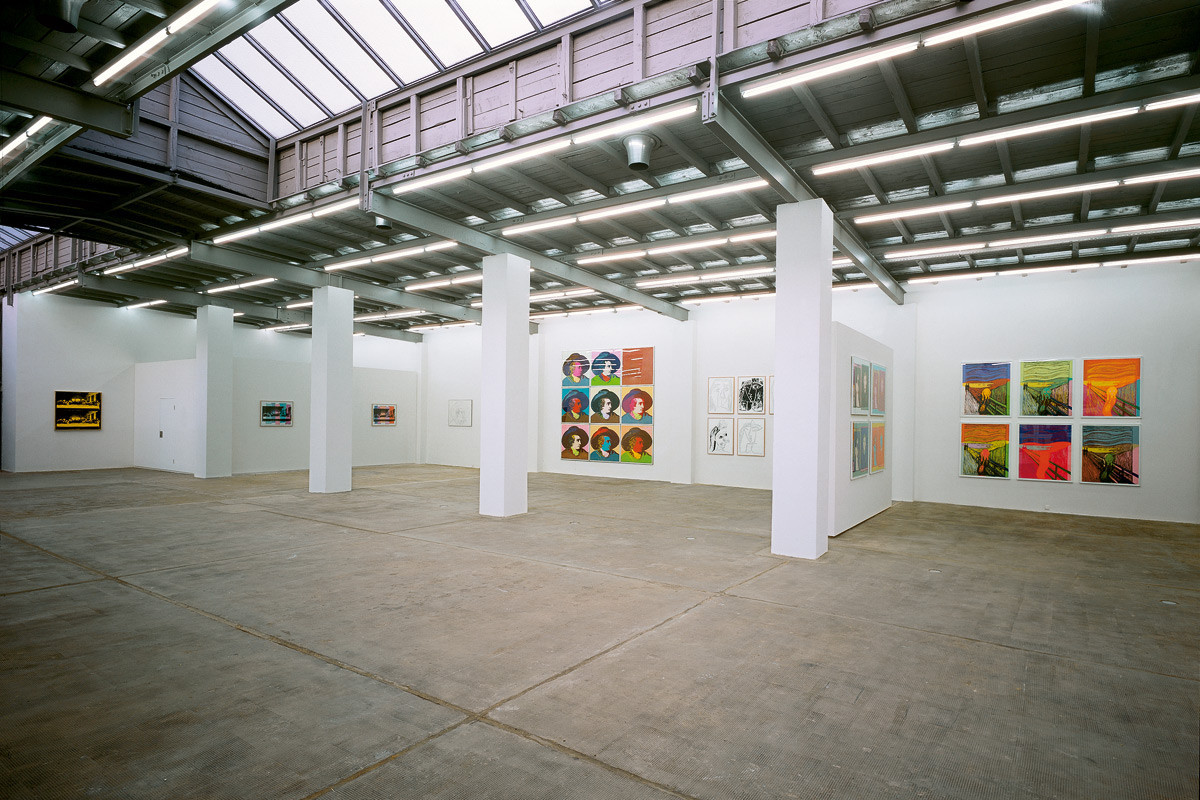
Schellmann Gallery, Cologne
Andy Warhol: Art from Art
1994
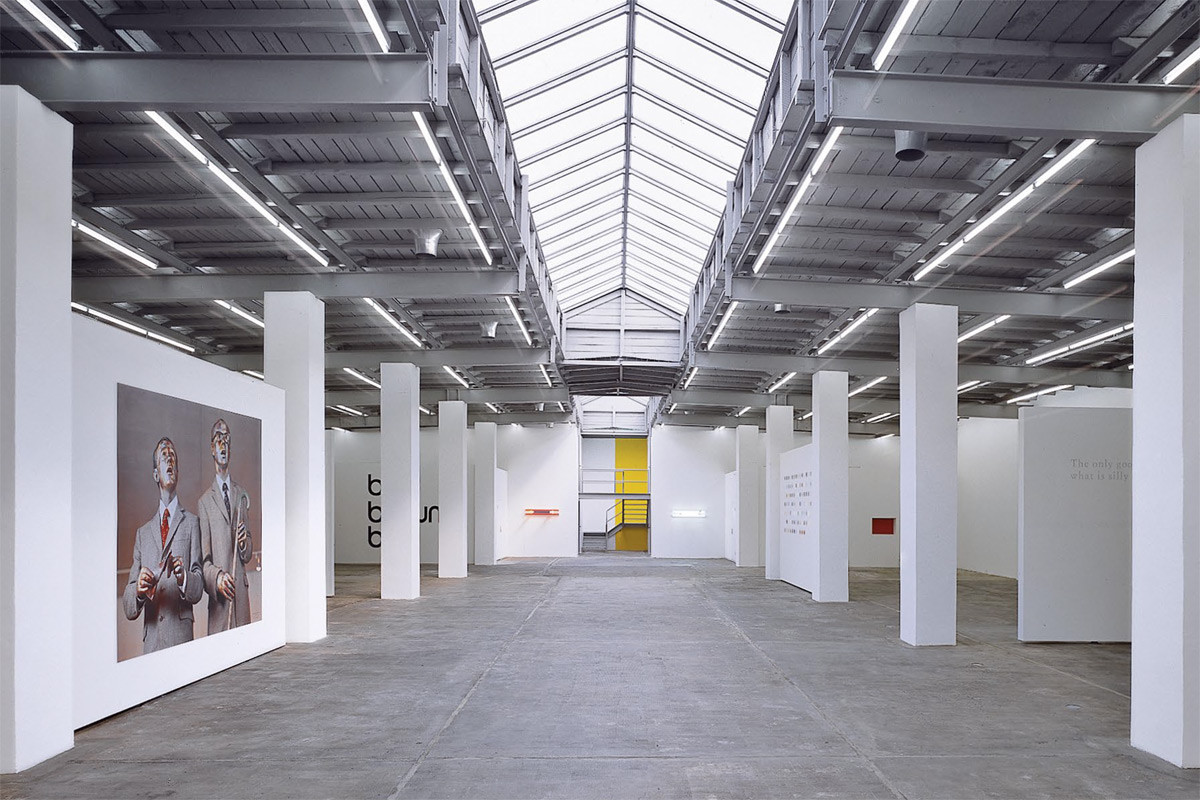
Schellmann Gallery, Cologne
Wall Works
1993
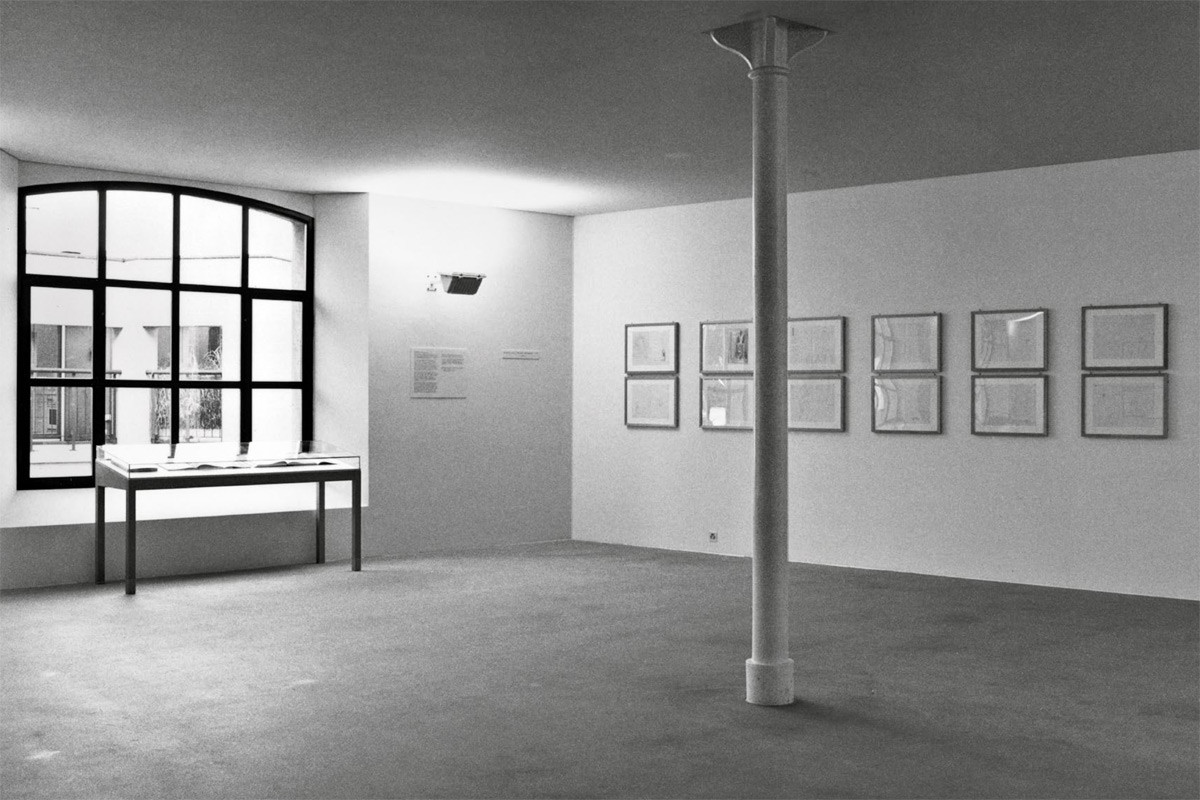
Museum of Contemporary Art, Basel
Joseph Beuys: Projekt Westmensch
1993
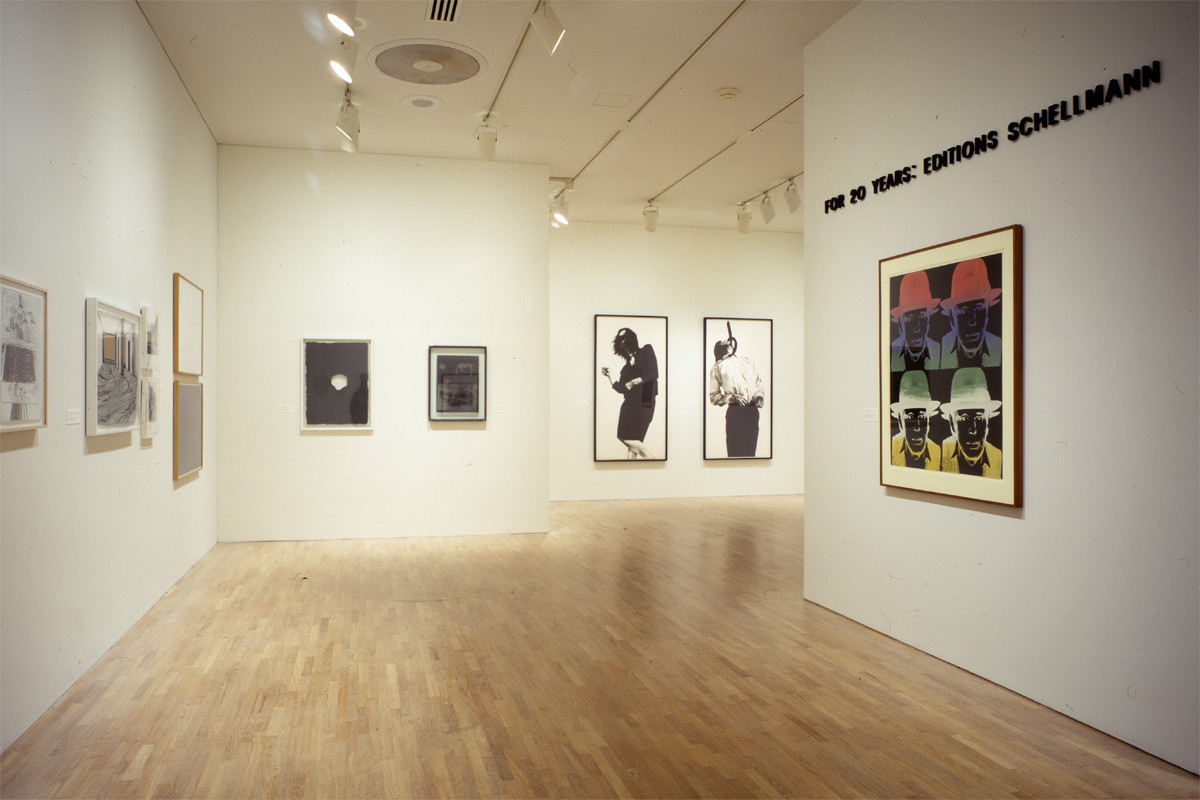
Museum of Modern Art, NYC
For 20 Years: Editions Schellmann
1989
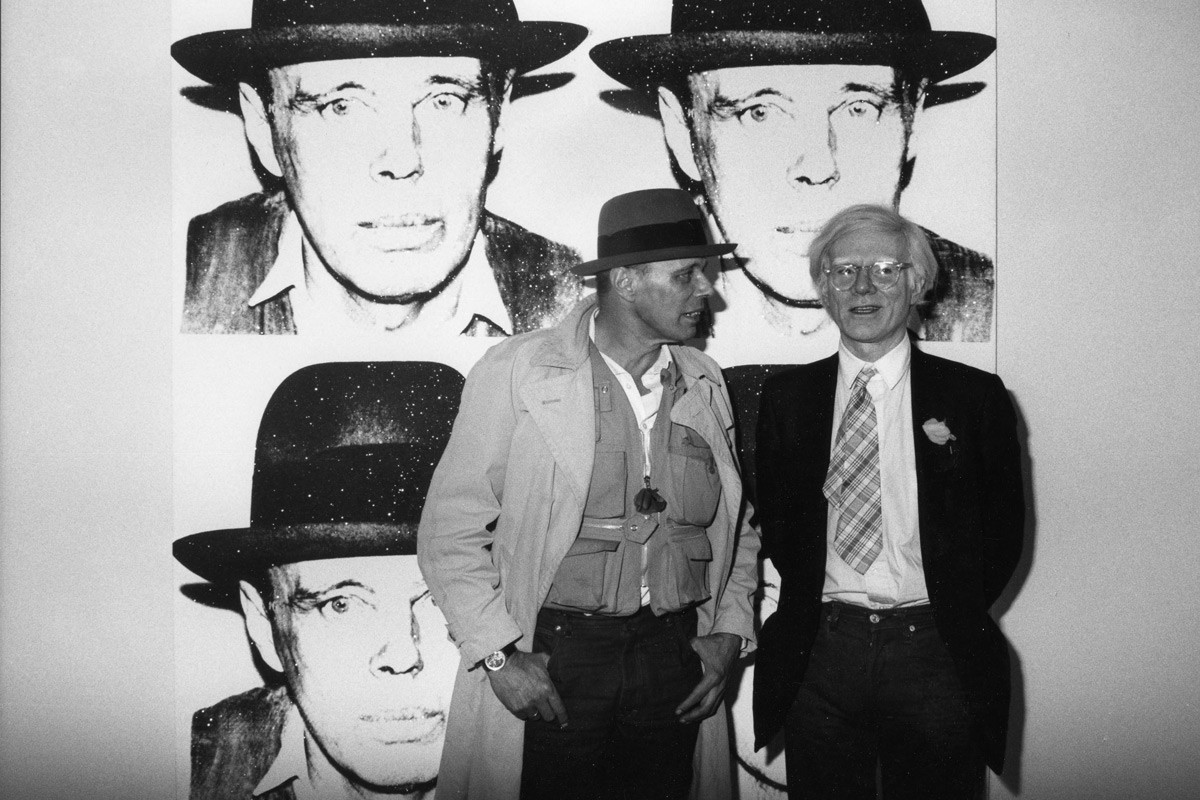
Gallery Schellmann & Klüser, Munich
Andy Warhol: Joseph Beuys
1980
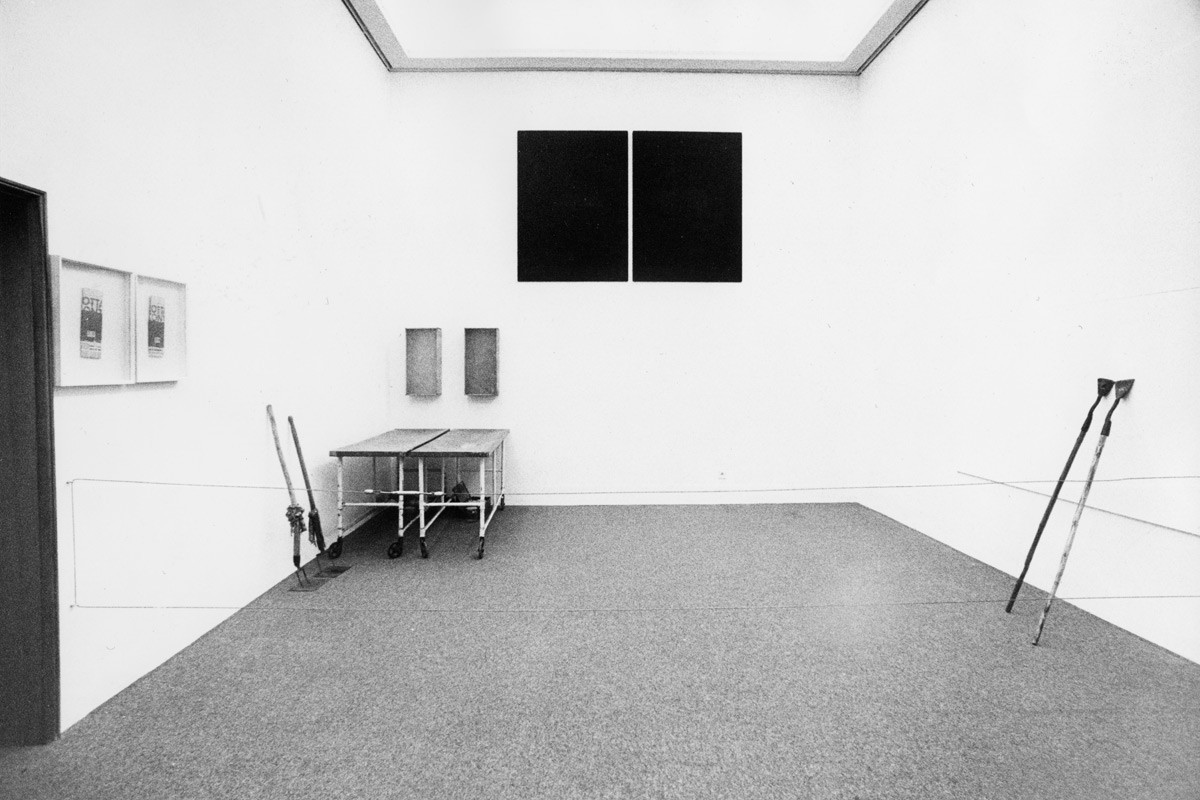
Lenbachhaus, Munich
Joseph Beuys: Show Your Wound
1979
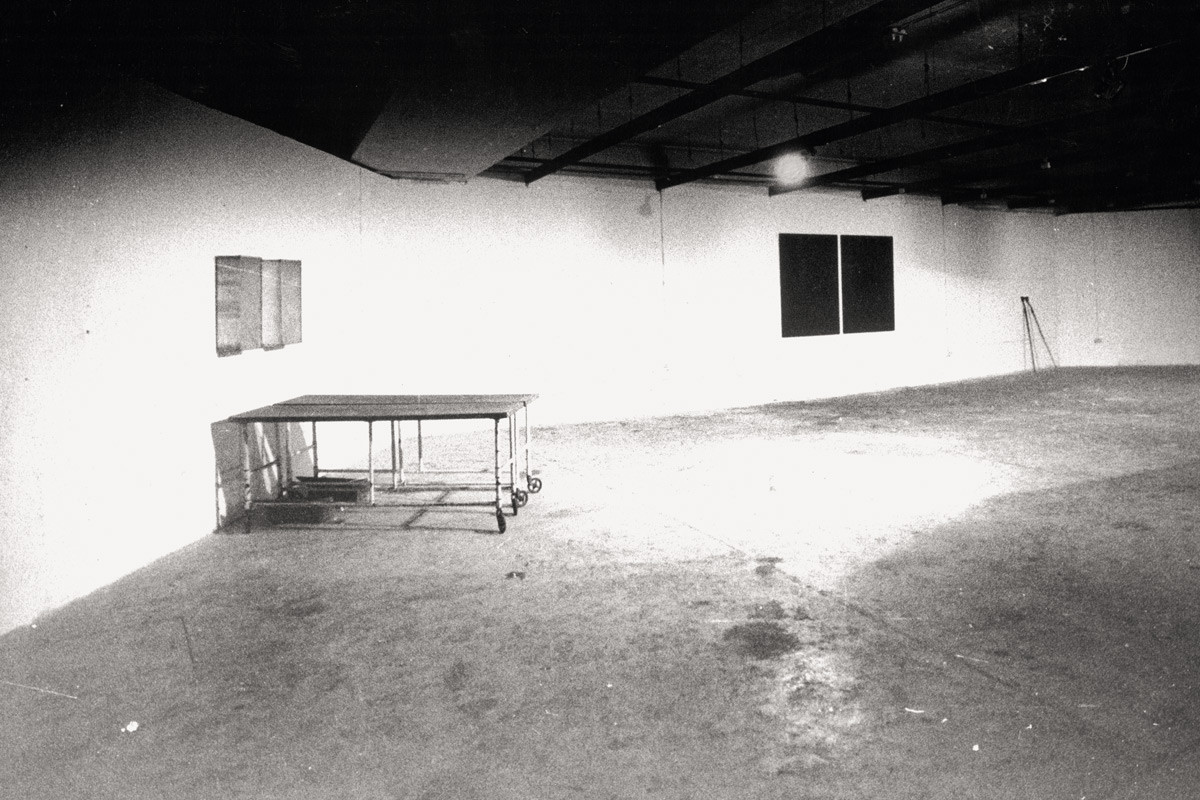
Kunstforum, Munich
Joseph Beuys: Show Your Wound
1976

55 Years. 55 Works., 2025
With this exhibition, presented on the occasion of Schellmann Art’s 55th anniversary, we celebrate over five decades of collaboration with some of the most influential artists of our time. The selection of works on view highlights not only the breadth of artistic vision we have had the privilege to support, but also the remarkable diversity in scale, technique, medium, and conceptual approach that defines our edition publishing activities. From Andy Warhol’s iconic Details of Renaissance Paintings (1984), rendered in his signature silkscreen technique, to Keith Haring’s dynamic Totem (Wood) from 1986, the exhibition traces the evolution of artistic expression across different medium and techniques. Minimalist rigor is exemplified in Donald Judd’s Untitled (Aluminum) (1991), a precisely engineered sculpture in extruded aluminum, while Christo and Jeanne-Claude’s collage work Wrapped Roman Sculptures (1991) reflects their distinctive practice of transforming familiar forms through fabric and twine.
Jenny Holzer’s Blue Laments Arno (2008), a contemplative LED installation, offers a more textual and time-based encounter, contrasting with the sensuous tactility of Anish Kapoor’s sculptural piece Reverse Perverse (2006). Peter Halley’s 3D-printed work Glossary (2023), Cory Arcangel's mirrored plexiglass works from his (RR) series from 2024, and several works from our 2025 group portfolio FACES round out the exhibition with our most recent publications.
Together, these works form a multifaceted portrait of Schellmann Art’s enduring commitment to artists and the evolving landscape of contemporary art editions.
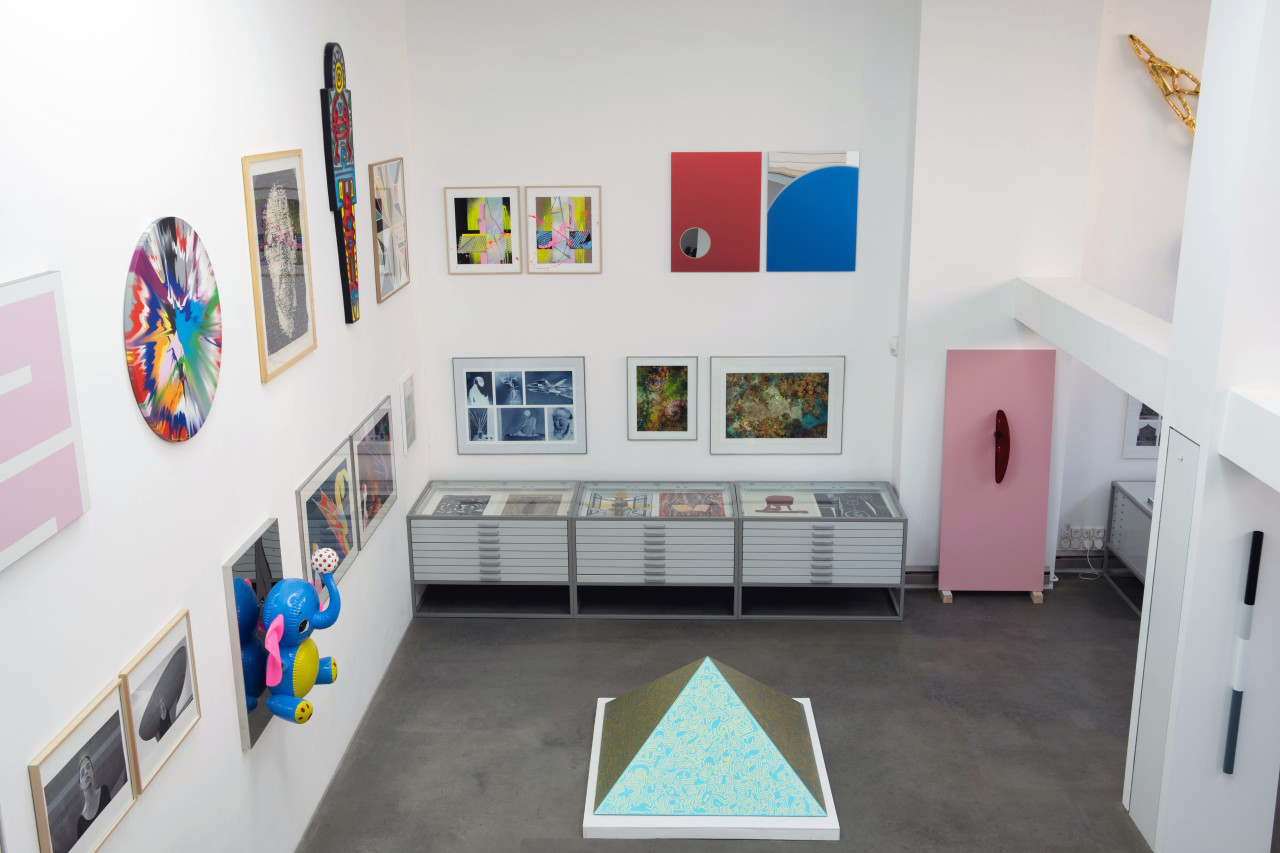
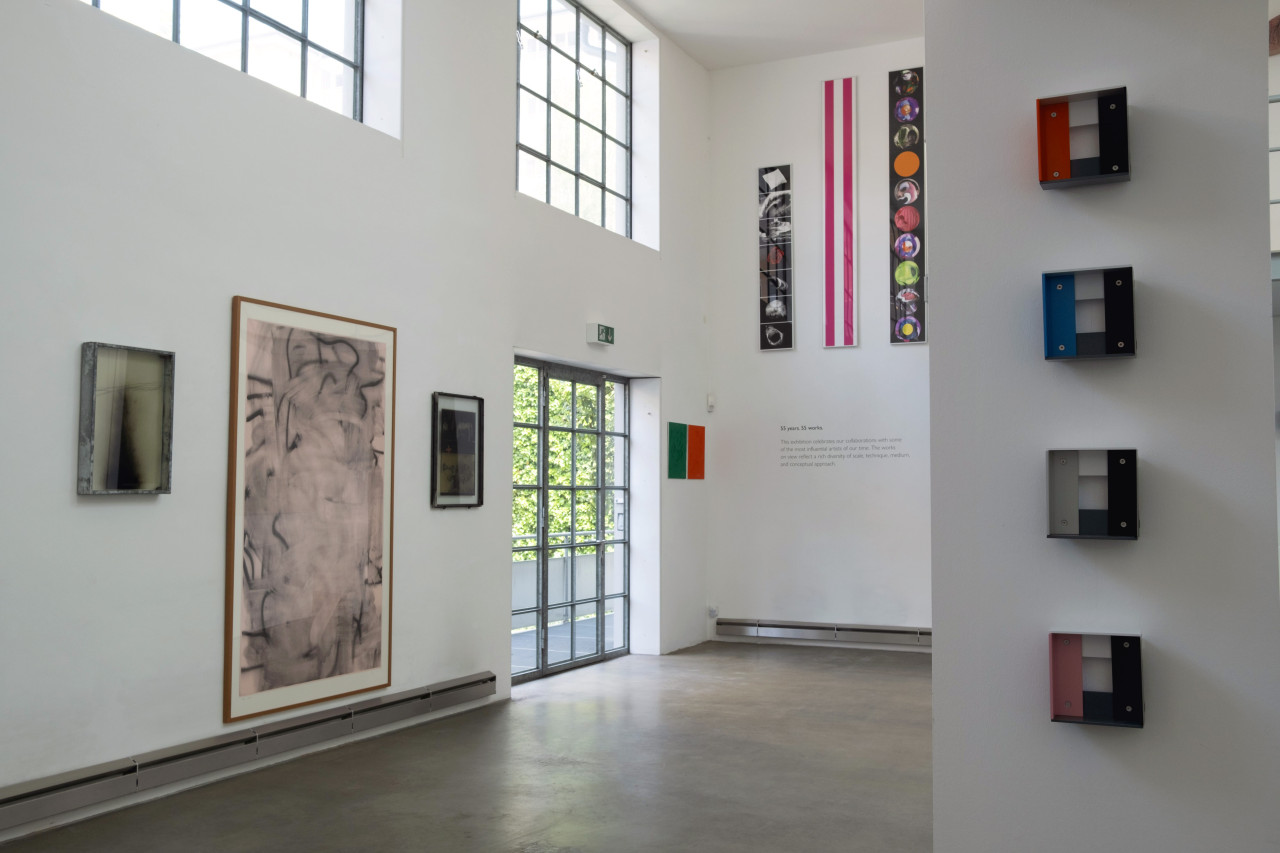

Thonet200 Project, 2019
On 8 November, 2019, we opened an exhibition in the event room of Haus der Kunst, Munich, to mark the 200th anniversary of the Thonet furniture company. The exhibition was subsequently shown at our gallery and presented works by 19 artists which were created at our invitation for Thonet's anniversary and our exhibition. The works deal in very different ways with the myth of Thonet, its formal language and its effects on our contemporary culture.
In addition, we presented designs by 3 designers who modifed Thonet classics and brought them into the present, both formally and in terms of production and marketing.
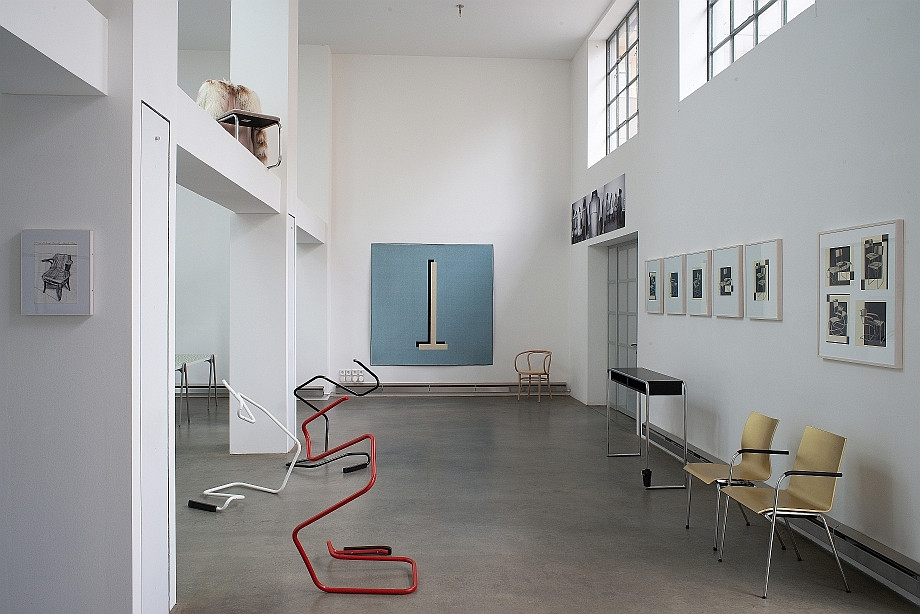

Wall Works, 2013-15
"The altogether forty-six wall works, which were conceived between 1992 and 2009 for Edition Schellmann in Munich, represent a substantial purchase, and the Nationalgalerie and the Staatliche Museen are extremely fortunate that, thanks to the joint efforts of everyone concerned, such an important acquisition was possible. Published by Jörg Schellmann under the title Wall Works, these works are characterized by the fact that they are related to their respective architectural situations and contexts: the concepts by the artists are meant to be adapted to the walls on which they are executed and in most cases allow scope for different variants. Within the rich history of contemporary art editions over the past few decades, Wall Works thus represents a wholly unique group of works." (Nationalgalerie Berlin)
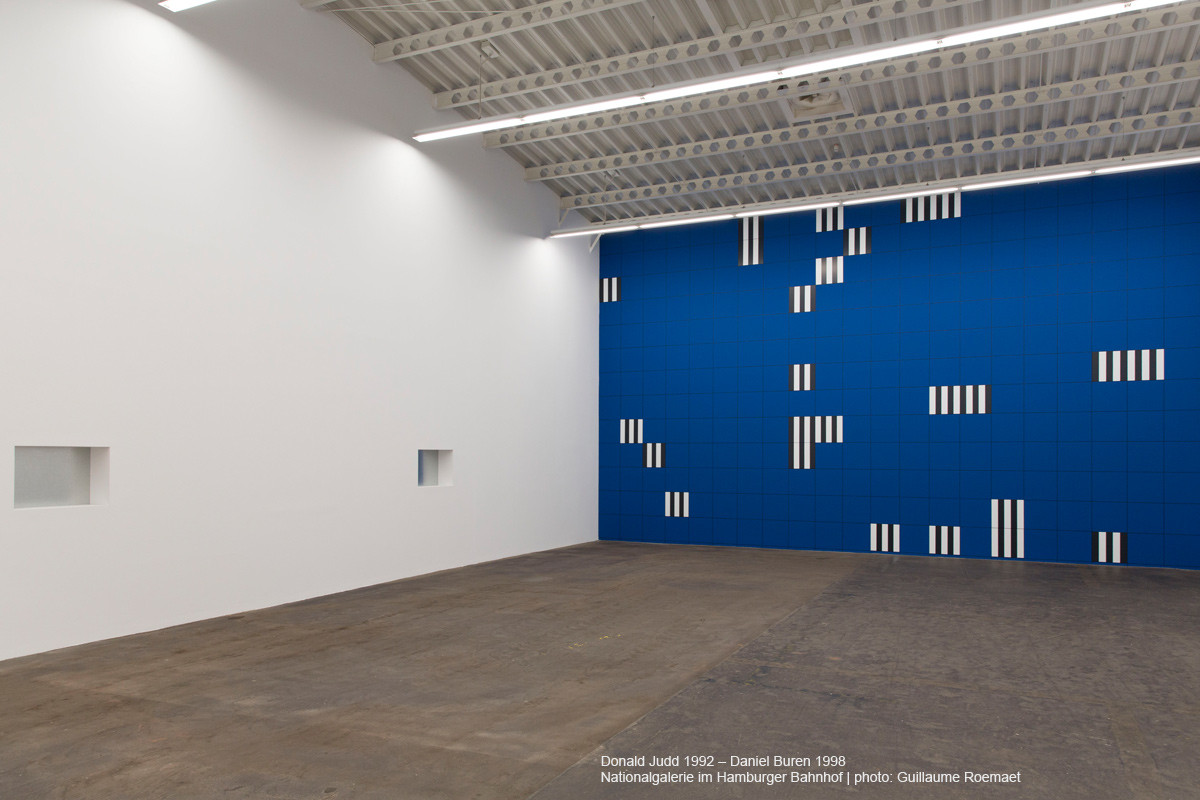
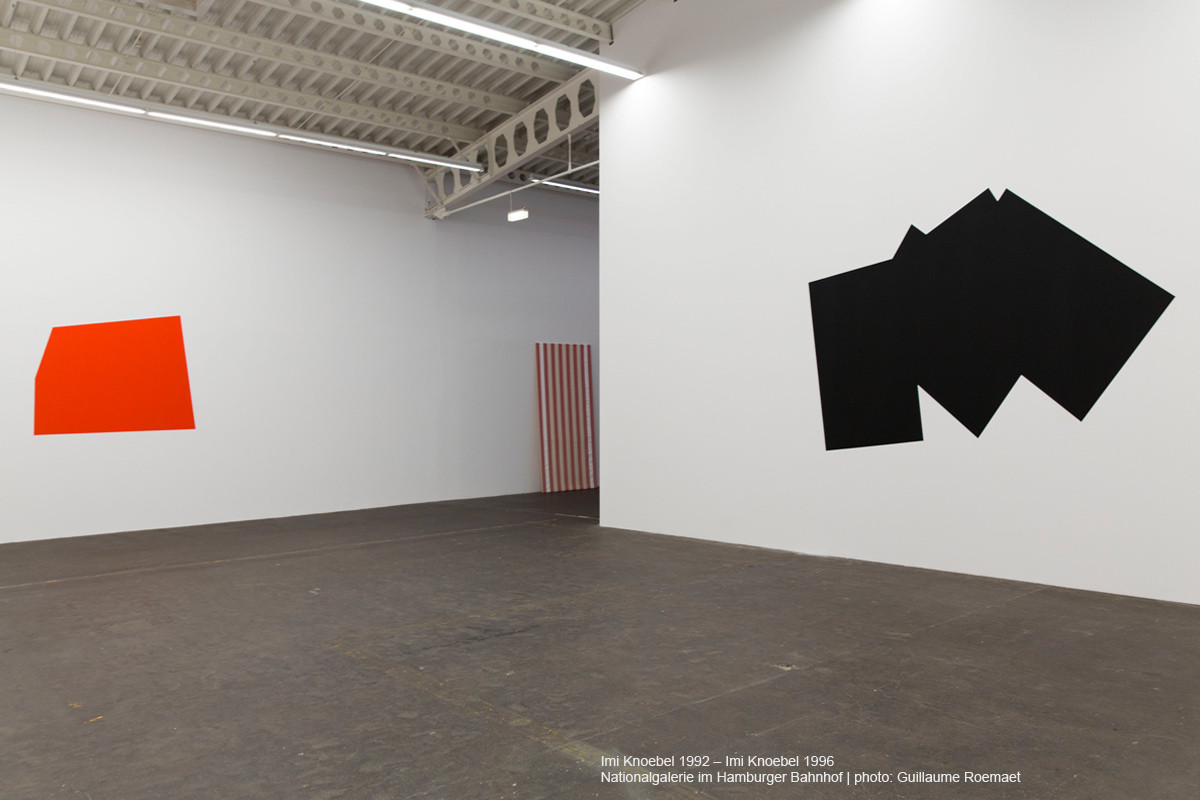
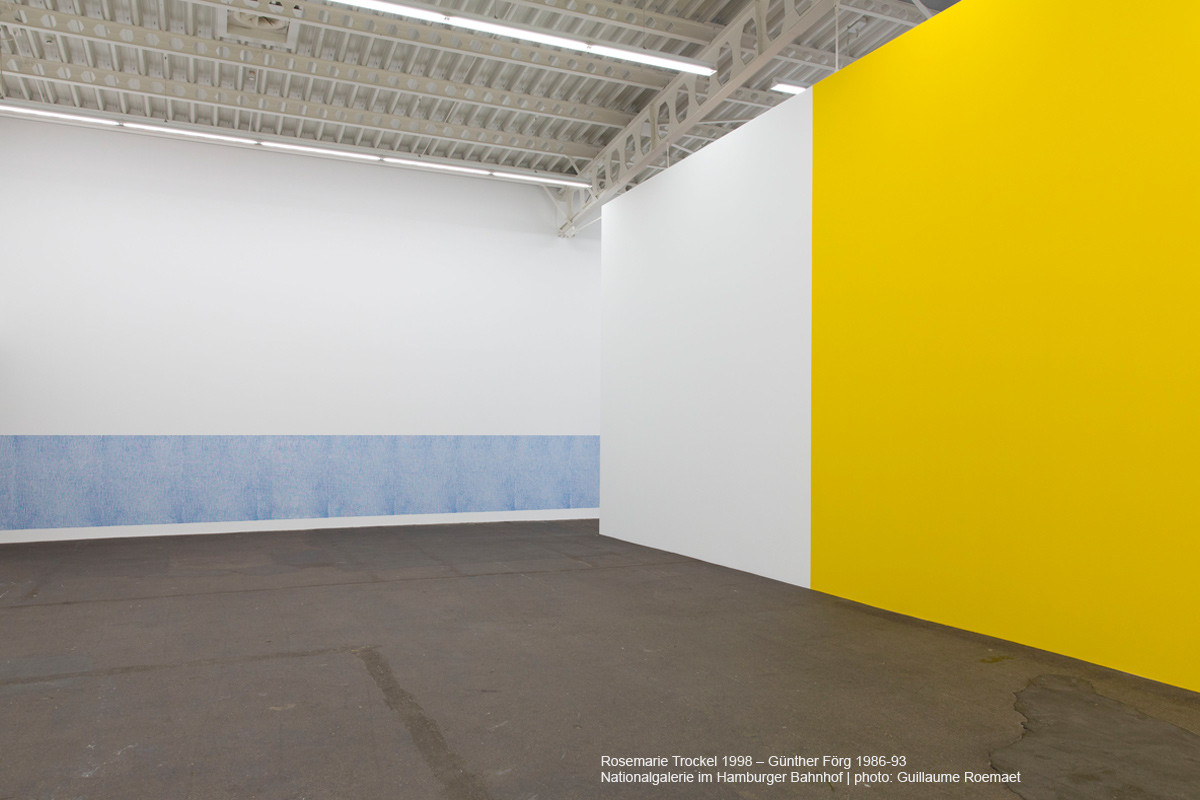

Joseph Beuys: Iphigenie, 2013
"Galerie Thaddaeus Ropac is inaugurating a new space devoted to the performative arts with an exhibition of works by Joseph Beuys linked to his legendary performance Iphigenie in Frankfurt. The curator is Jörg Schellmann, one of the best-informed experts on Beuys' work and since 1969 director of Edition Schellmann, publishers and international art dealers based in Munich and New York. For many years Schellmann worked closely with Beuys, as producer of his multiples and author of the catalogue raisonné of these objects." (Le Quotidien de L'Art)
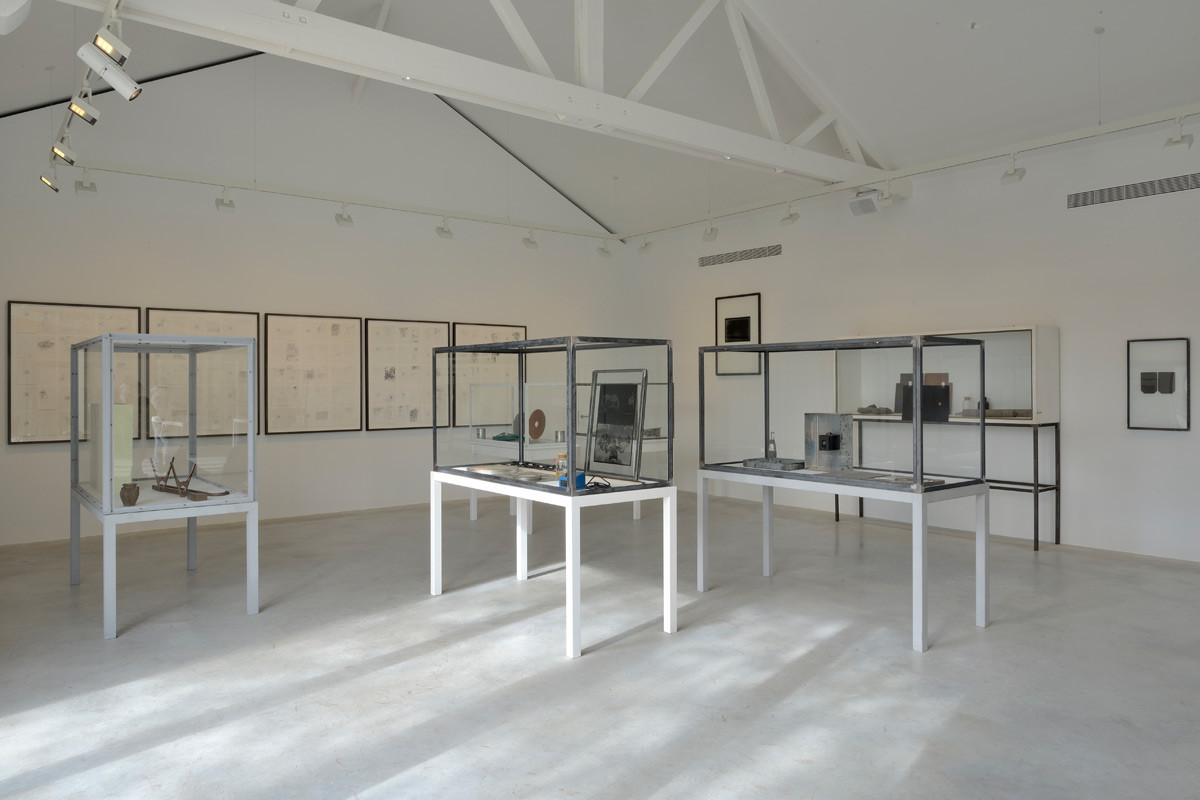

Joseph Beuys: A Colorful World, 2011
"It may be surprising that Beuys, who is normally associated with inconspicuous materials like fat and felt, considered color an expression of art, nature or life and used it in his work, be it directly as a visual appearance or by evoking a process of counter-image or anti-image. Much is to be discovered in Beuys' work. Color is one of many aspects.
The works shown in this exhibition were primarily brought together between 1970 and 1986, a time period when together with Bernd Klüser, I had the privilege to work with Beuys. The exhibition now – a long time in planning – is a commemoration of a creative working phase and a reference to an epochal artist." (J.S.)
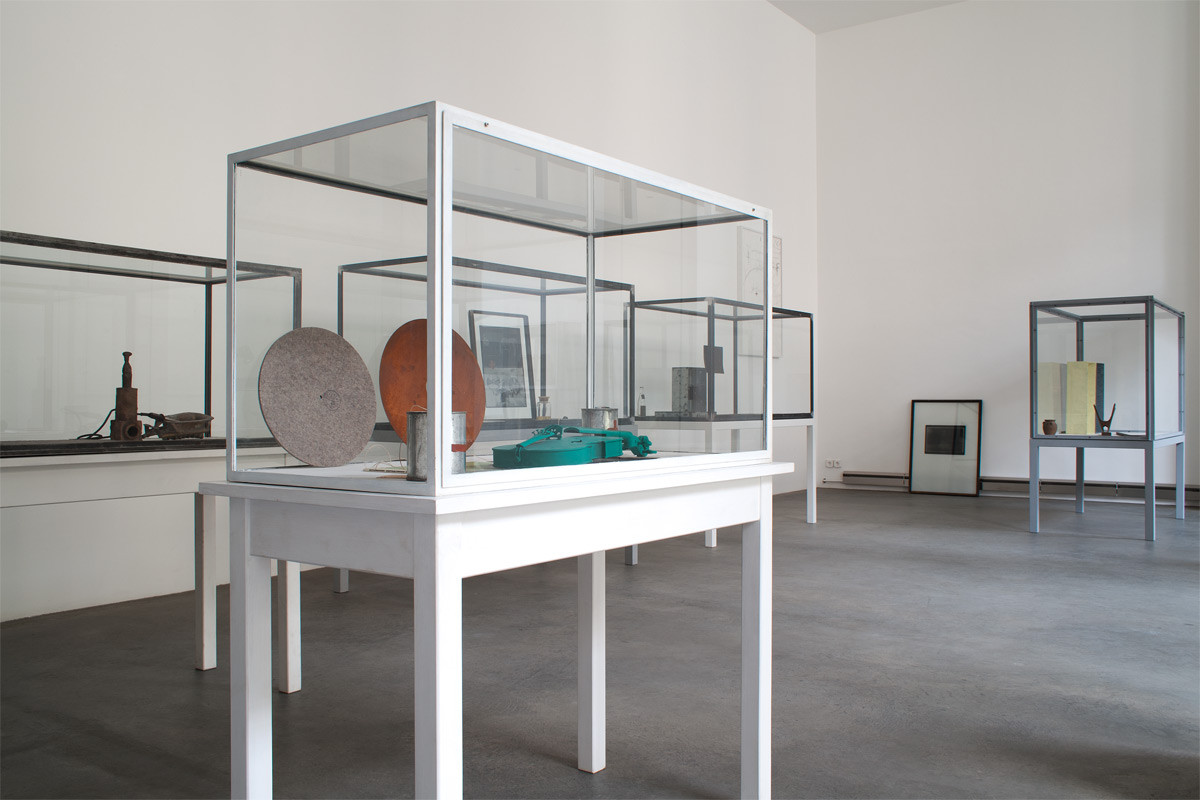

Joseph Beuys: I (I myself Iphigenia), 2011
"The pictures have been burned into our memory: the dark stage, the luminous white horse, Beuys in a fur coat, the circular shapes of the cymbals flashing up in the spotlights. It is probably the action that has created the most powerful images, the performance of Iphigenia by Goethe, and Titus Andronicus by Shakespeare at Theater am Turm at Experimenta 3, 1969.
On the occasion of the publication of an essay on Iphigenia by Eva Beuys, we have arranged an exhibition in memory of the event itself, over 40 years ago. Objects, plastic works, drawings, photographs and documents, all fragments which suggest the idea of Iphigenia – the notion of freedom and self-determination of the individual – and of the emblematic formal language of the performance." (J.S.)


Made in Munich, 2008
"The exhibition Made in Munich provides a different view on the history of Munich's art trade as well as the city's vanguard from the '60s to the present. In the 1970s, the famous producers of art editions such as Galerie Thomas, Galerie van de Loo and Galerie Heiner Friedrich were joined by Edition Schellmann & Klüser, Galerie + Edition Sigrid Friedrich und Sabine Knust as well as Galerie Fred Jahn." (Haus der Kunst)
"One is continuously impressed when wandering through the exhibition Made in Munich at Haus der Kunst; for the abundance of magnificent material convinces of the incredible: at the beginning of the '70s, Munich was – next to only New York and London – at the forefront of the publishing of art editions and multiples, and has to this day sustained its position as a stronghold.
Schellmann keeps conceiving new types of multiples – wall works, for instance, or furniture designs by Donald Judd or Liam Gillick." (Süddeutsche Zeitung)
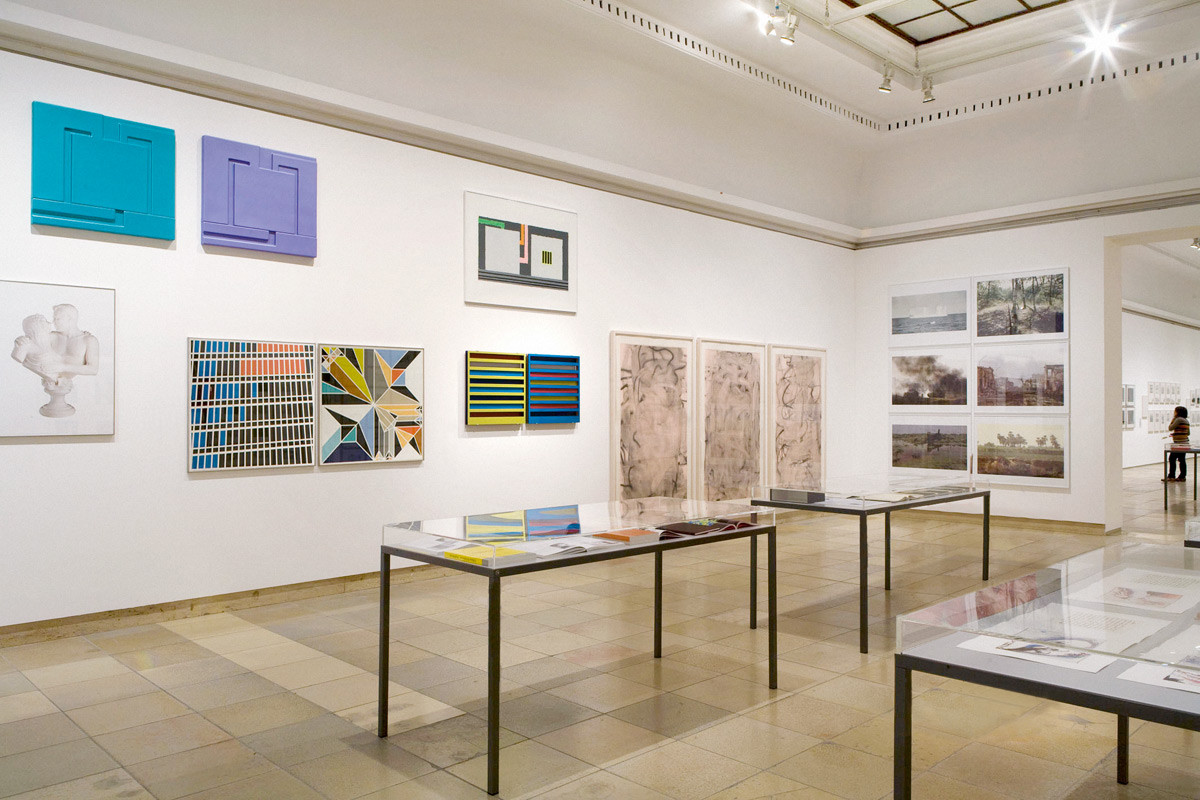

Wall Works, 1999
Six years after the first presentation of 20 site-specific wall installation in the Edition Schellmann exhibition hall in Cologne, a much larger range of wall works had been developed and presented in a new catalog: altogether 38 works by 29 artists. The famous New York Gallery Paula Cooper, home to some outstanding minimal and conceptual artists, has arranged a show in its spacious Chelsea gallery with works by Artschwager, Buren, Flavin, Halley, Kosuth, Levine, LeWitt, Merz, Paik, Paolini, Pistoletto, Stingel, Trockel, and Warhol.
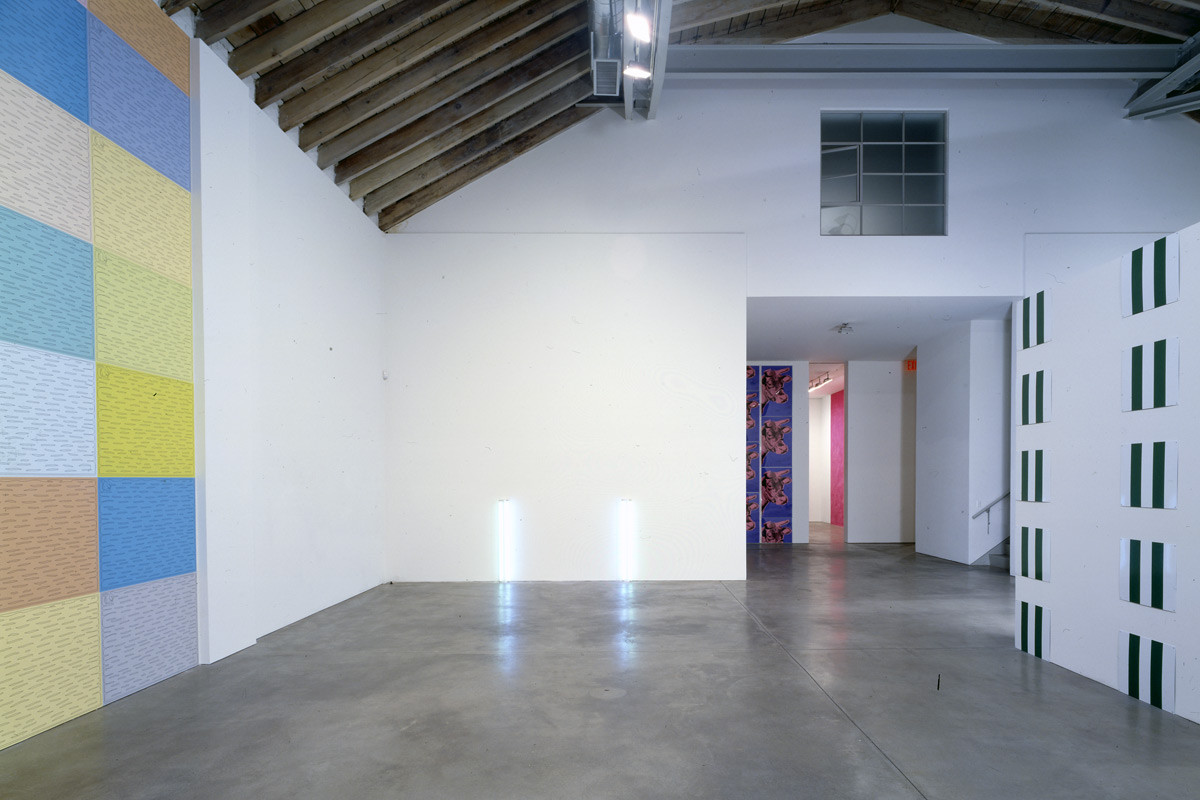

Wall Works, 1999
"Visual artists have always been fascinated by the wall and architectural space. At Villa Stuck, the magnificent comprehensive artwork of prince and artist Franz von Stuck, the variably designed and decorated walls are a significant component of the artistic program. In one of the last exhibitions before the historical villa is being renovated, the museum presents wall works by renowned contemporary artists that explore the challenges of architectural spaces.
The artists of this project are Richard Artschwager, Sylvie Fleury, Peter Halley, Damien Hirst, Joseph Kosuth, Jannis Kounellis, Sherrie Levine, Gerhard Merz, Matt Mullican, Tony Oursler, Nam June Paik, Michelangelo Pistoletto, Cindy Sherman, Rosemarie Trockel and Kara Walker.
The idea of creating a work of art that is conceived as a wall work and executed as an edition was developed by the Munich-based gallery owner Jörg Schellmann." (Villa Stuck)
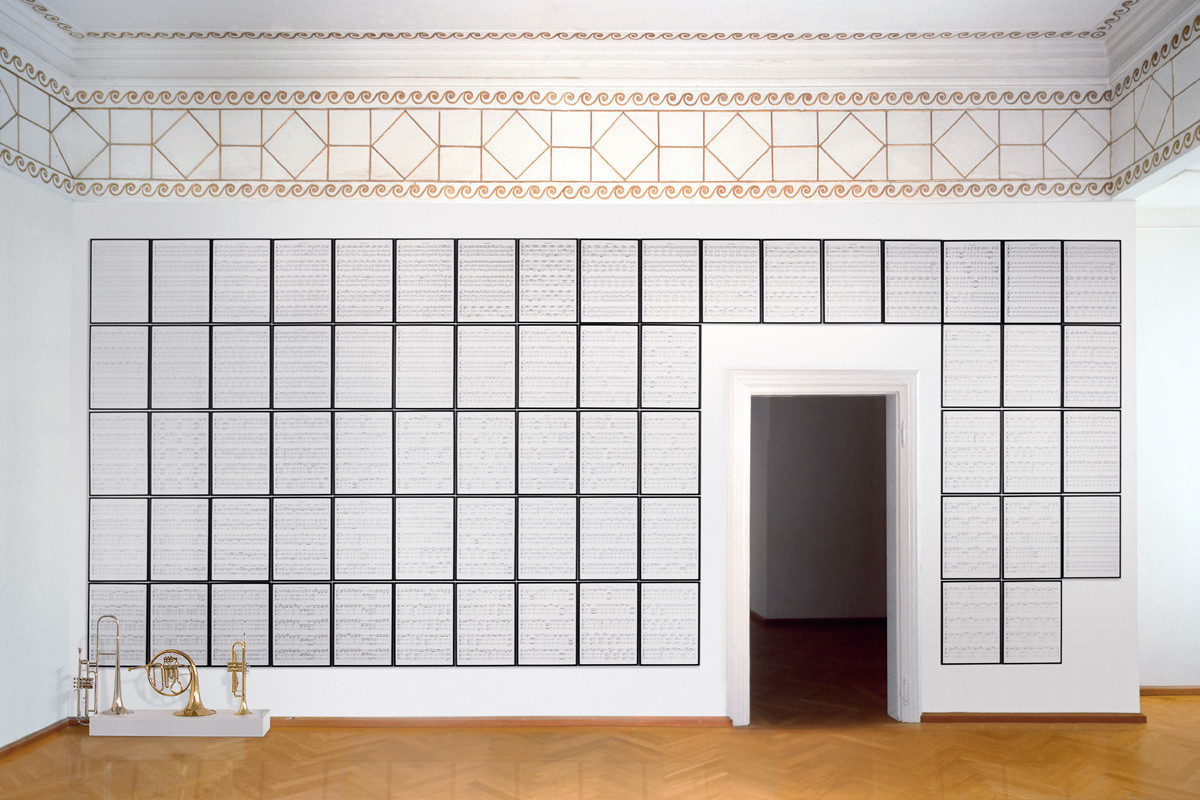

Joseph Beuys: Multiples, 1999
"Together with the installation Show Your Wound, the Lenbachhaus in Munich presents a comprehensive selection of multiples by Joseph Beuys from the collection of Jörg Schellmann, who has also published the catalog raisonné for his multiples and prints." (Lenbachhaus)
"Beuys' working method, the arsenal behind his quest for forms, has seldom been as strikingly comprehensible as in this exhibition." (Süddeutsche Zeitung)
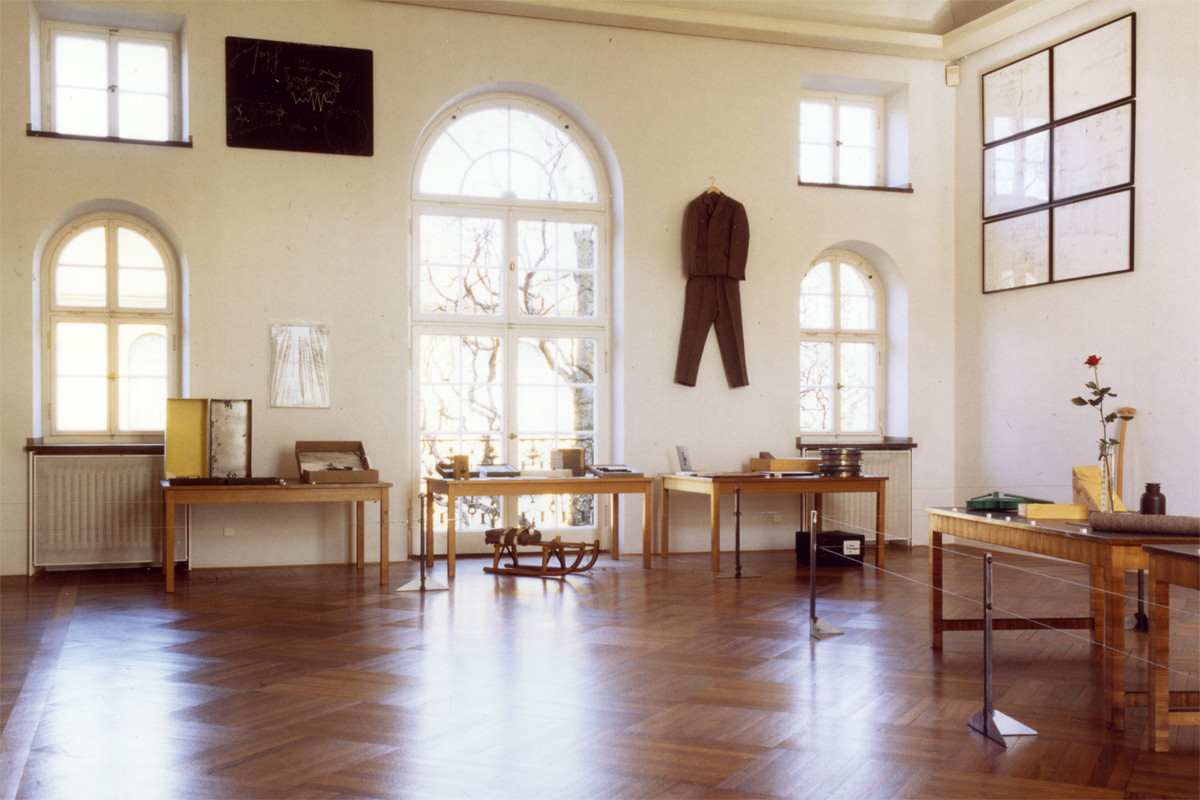

Andy Warhol: Art from Art, 1994/95
The Museum Friedericianum (main building of the Documenta in Kassel) adopted Edition Schellmann's exhibition, concept and title Art from Art. It has been complemented by several paintings on canvas.

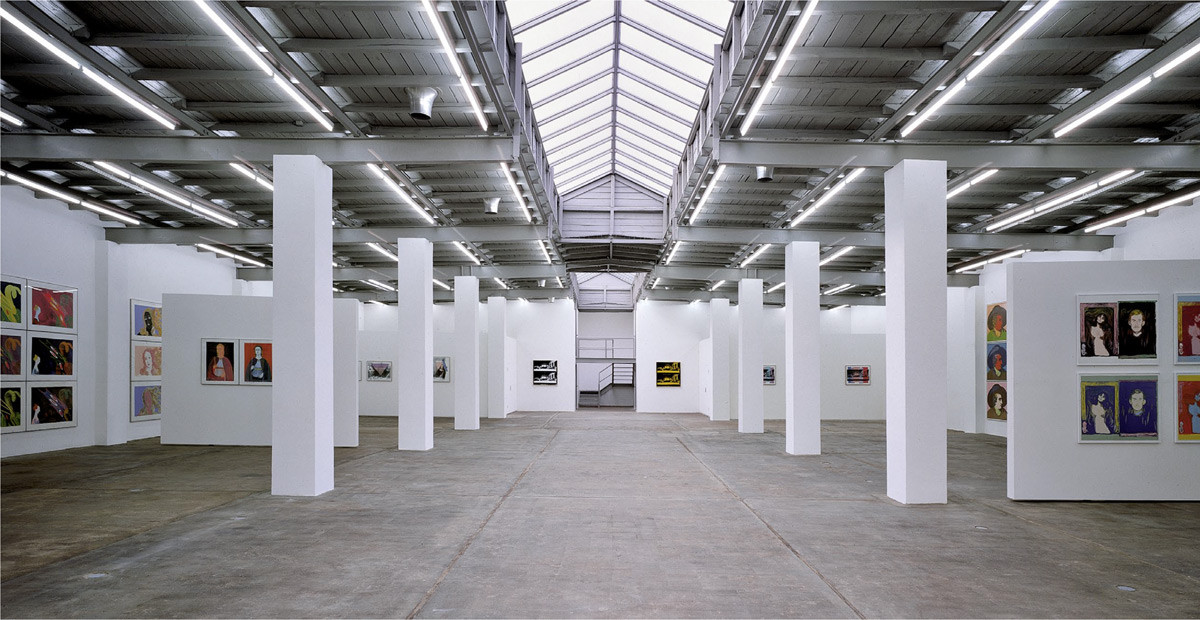
Andy Warhol: Art from Art, 1994
"The artist world-famous for his everyday images of consumer items, news, and celebrities astonishingly has created a considerable body of work using images of famous western art works. Beginning with his iconic image of Mona Lisa repeated 30 times he kept using art works as 'celebrities': Uccello, Piero della Francesca, Leonardo, Botticelli, Cranach, Raphael, Munch, de Chirico, Picasso and Matisse. Almost as an apotheosis, Warhol finalized his artistic oeuvre with extended series of Leonardo's Last Supper repeated on huge canvases in a wallpaper design fashion. John Cage pointed out succinctly: Warhol has shown through repetition that there is no repetition in art." (J.S.)
"Edition Schellmann, which also has an office in New York, has collaborated with the Andy Warhol Foundation on an exhibition that unites all of the motifs from his group of works Art from Art in Schellmann's exhibition hall in Cologne. Complemented with works on loan, this exhibit is especially intriguing as it offers an insight into Warhol's production and strategic use of silkscreens. For his Art from Art, the artist used icons such as Goethe from Tischbein's painting or Botticelli's infamous Venus as well as details that give rise to an educated question-and-answer game: which renowned work of art is this image detail taken from? Aside from end-products of printing, there are also intermediate stage works on offer, which are unique and thus of great value to collectors. Some of these works are signed, others have been found in the artist's estate and the publisher's records." (Süddeutsche Zeitung)
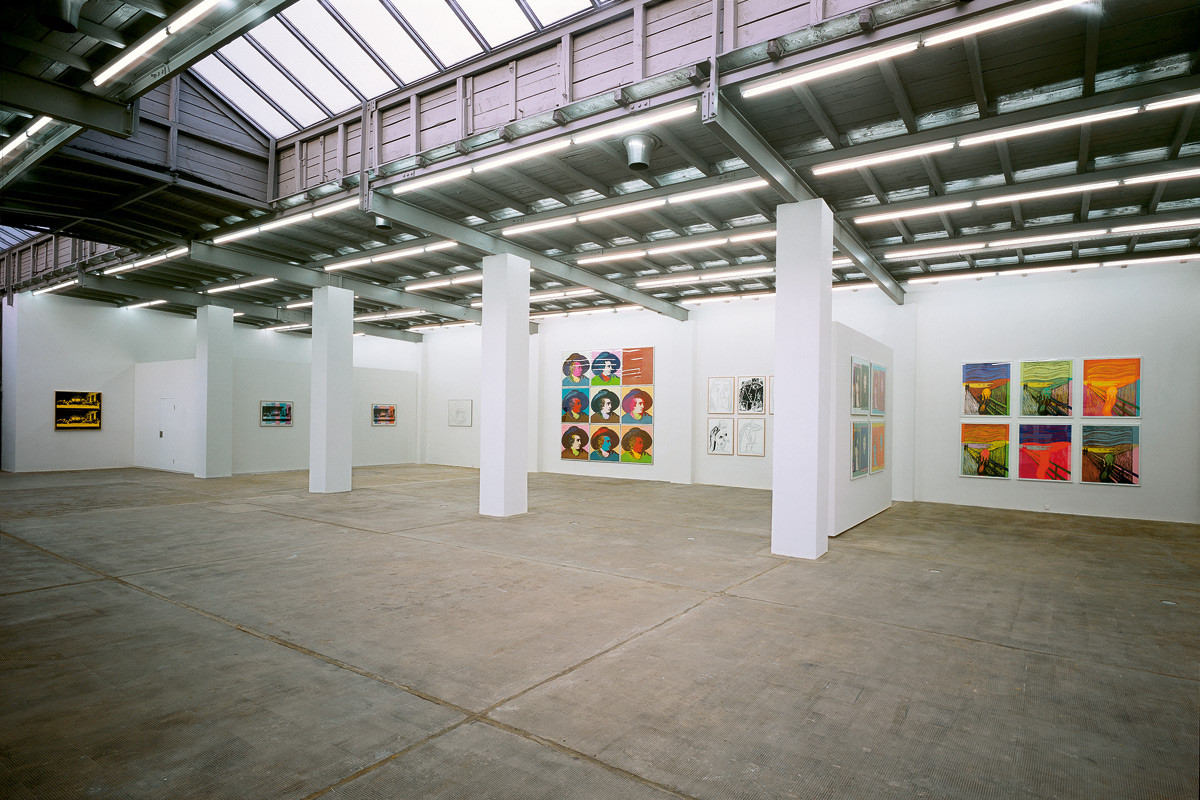

Wall Works, 1993
"With the move from Munich to a basilica-sized skylight hall in Cologne (Alsdorfer Str. 1-3), Edition Schellmann was able to realize its hitherto most ambitious project: the presentation of editioned wall works that relate to their respective architectural conditions. 20 works by international artists from Artschwager to Haim Steinbach are presented at the opening exhibition and documented in the extensive catalog Wall Works. These works are to be executed in editions of 10 to 20 and will vary in their site-specificity. Art publisher Jörg Schellmann calls them 'multique works', illustrating their hybrid nature between unique works and multiples." (Handelsblatt)
"Two components which seem incompatible – the edition and the site-specific installation – are successfully brought together." (Uwe M. Schneede)
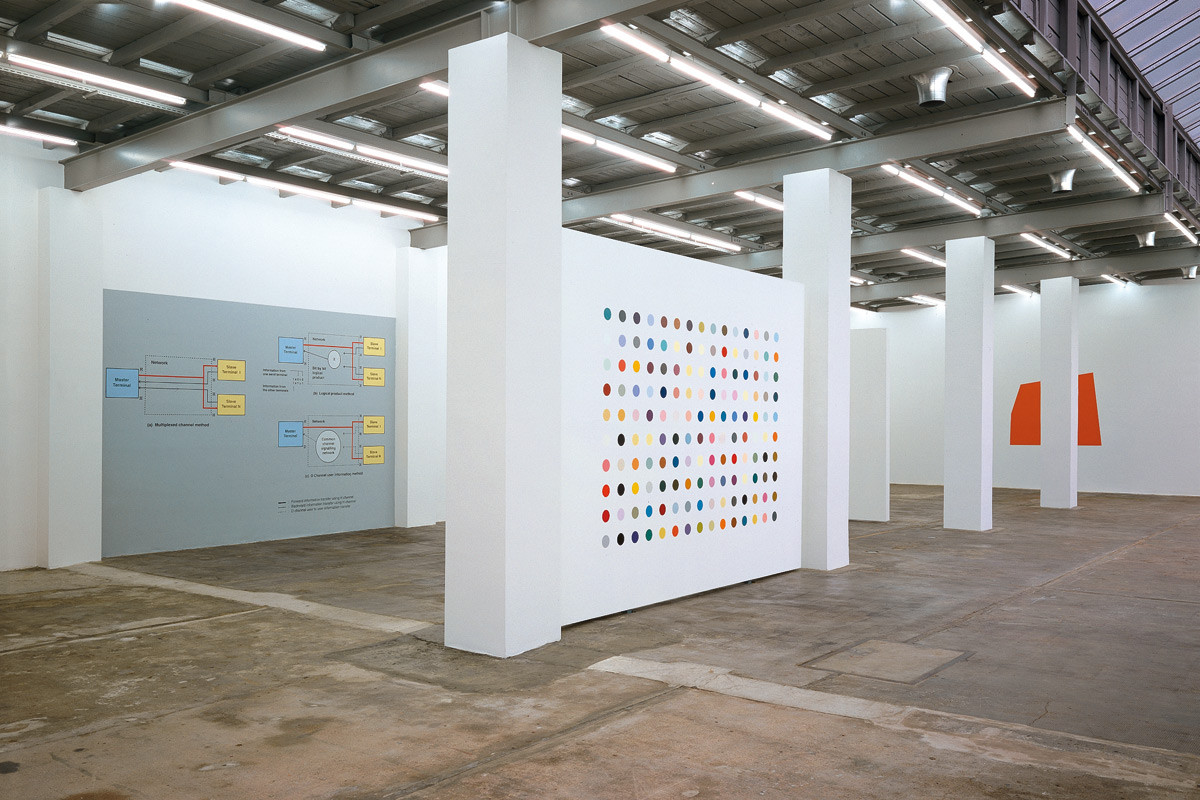
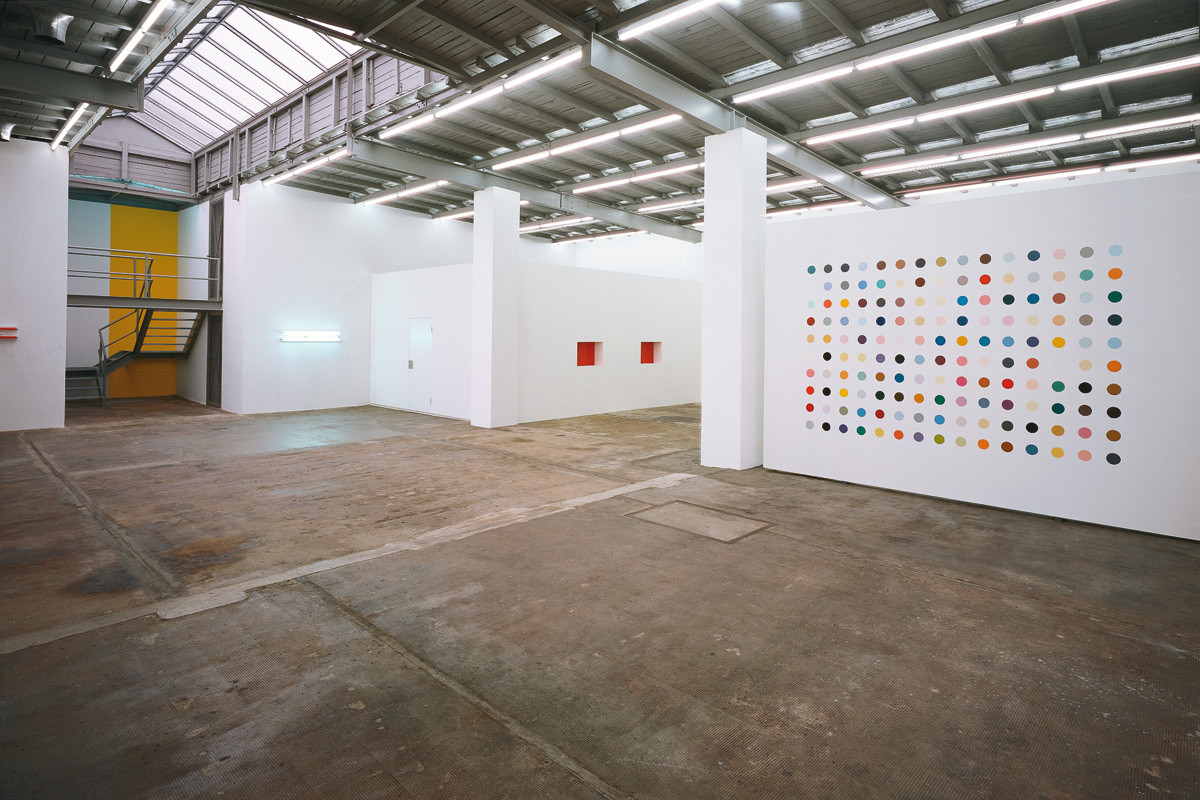

Joseph Beuys: Projekt Westmensch, 1993
"The Musem für Gegenwartskunst in Basel, where Dieter Koepplin presents the four books from Projekt Westmensch as complete as never before in a subtly conceived exhibition, currently [...] offers the opportunity for such an encounter. Thanks to the facsimile edition by Edition Schellmann (Cologne/New York), which has been executed with utmost care – Laszlo Glozer calls it an 'unassuming miracle of reproduction techniques' – the hitherto privately held books can now be made available to the public. The Basler Kupferstichkabinett purchased three from a total of 356 copies, two of which are in the form of loose sheets and can thus be presented on the wall." (Neue Zürcher Zeitung)
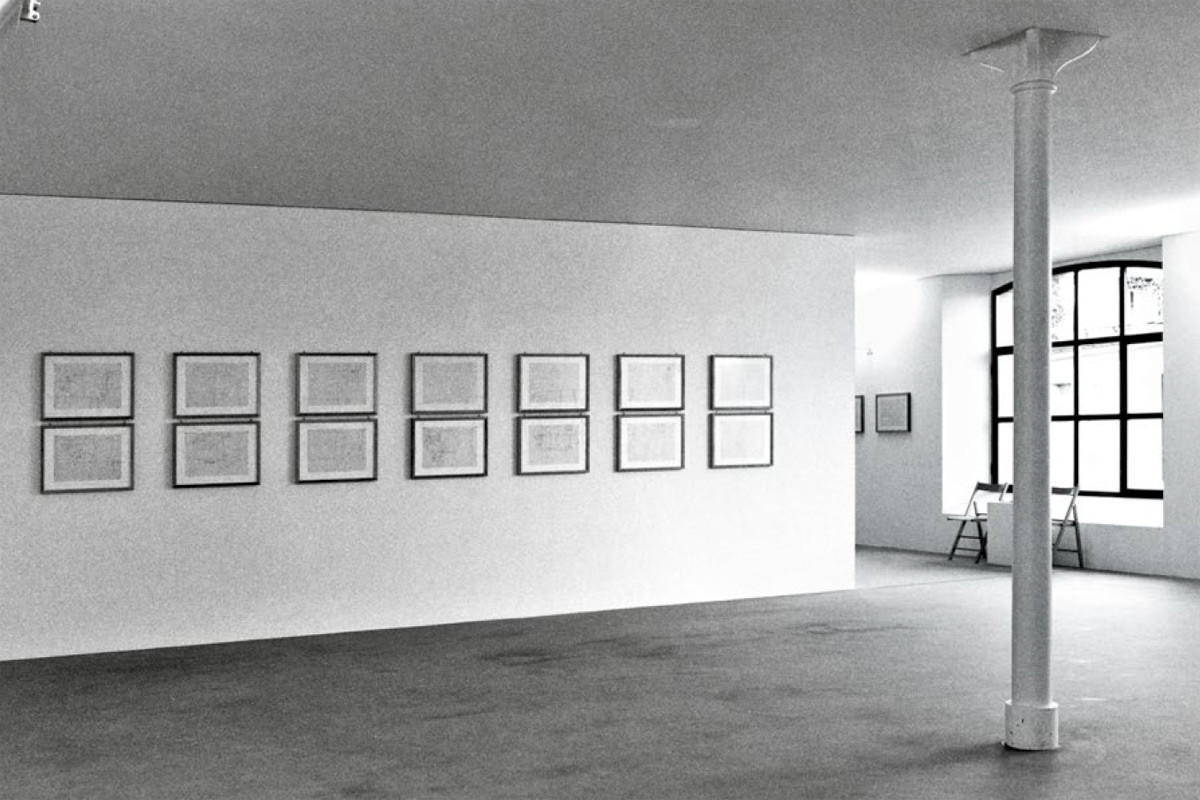

For 20 Years: Editions Schellmann, 1989
"In celebration of their twentieth anniversary, the Munich-based Editions Schellmann has donated a selection of over thirty of their publications to the Department of Prints and Illustrated Books. In the field of contemporary print-making, Jörg Schellmann stands out as a publisher who has challenged tradition in both his choice of artists and in the technical freedom he has offered them. [...] Schellmann came of age professionally in the 1970s with the advent of Conceptual Art, and has consistently published works by artists who focus primarily on the idea behind the work of art rather than the finished art object itself. [...] Schellmann's main goal as a publisher is and has been the democratization of art through the wide distribution of editioned works." (Wendy Weitman, Museum of Modern Art, New York)
"For the first time, the MoMA pays tribute to a European print publisher. 'Schellmann distinguishes himself through an edition that is both intellectually challenging and innovative', says MoMA curator Wendy Weitman. 'He has continuously pushed the boundaries of conventional print art.'" (art Magazin)
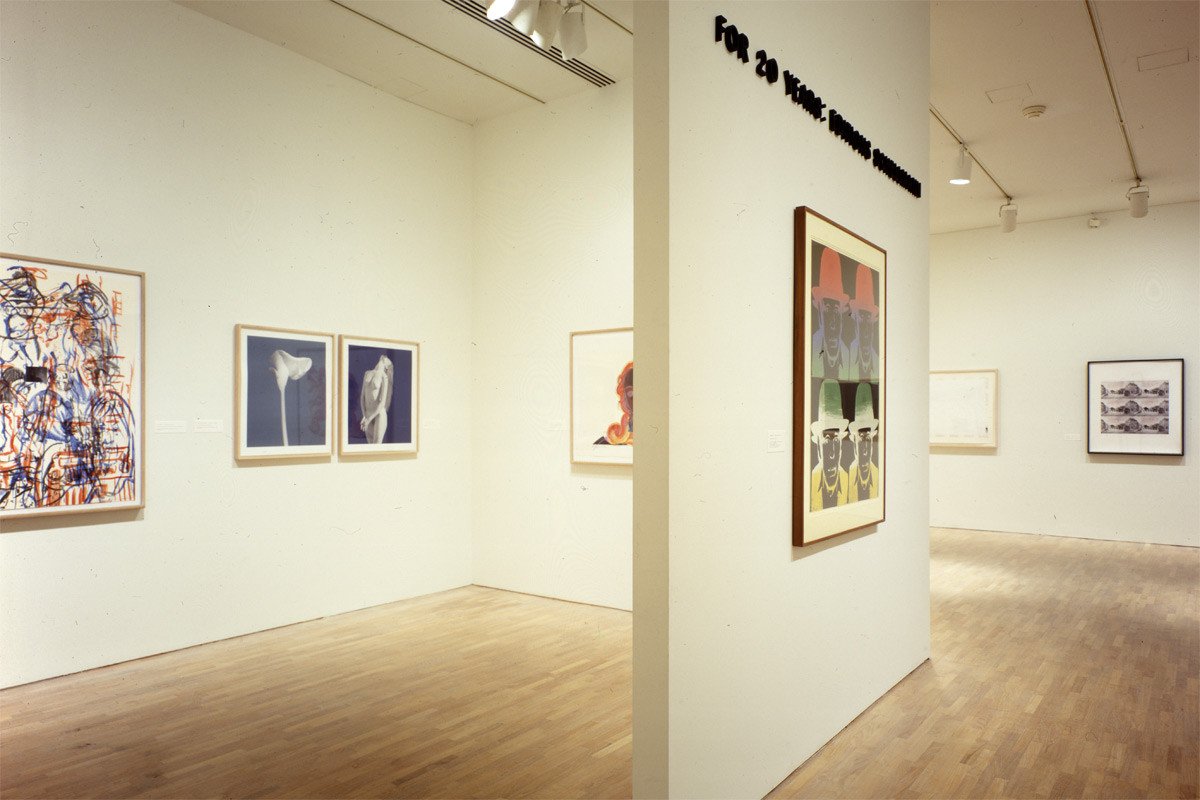

Andy Warhol: Joseph Beuys, 1980
"Andy Warhol – pop artist, painter of advertising, consumption and celebrity images as well as an artist admittedly working on commissions – produced a series of both images on canvas and silkscreens on rag paper for the gallerists Lucio Amelio, Naples, and Schellmann and Klüser, Munich. Through strict serial image arrangements, striking colors, refinement due to the use of 'diamond dust' and the fact that all motifs are taken from the same Polaroid, Warhol has introduced to the world monumental portraits of the (then) great German art guru Joseph Beuys. Having been replicated multiple times since then, they have become icons of two antipodal artistic personalities." (J.S.)

Joseph Beuys: Show Your Wound, 1979
"Joseph Beuys, who was the subject of ardent controversy within Munich's cultural policy at the beginning of this year, has now made an 'official citizen'. Without further discussion, the Culture Committee agreed to the acquisition of an impressive Beuys installation for the Städtische Galerie im Lenbachhaus. The work Show Your Wound was assembled 1976 in the Münchner Kunstforum. The ensemble [...] comprises a group of double objects, tools, blackboards, two mortuary stretchers, lamps, boxes of fat, tagged forks and wrapper-packed newspapers. They form the suggestive panorama of emptiness, dreariness and death. The signs condense into a parable of life. Both title and writing, zeige deine Wunde (Show Your Wound) alludes to Christian motifs. The acquisition of the room (purchasing price DM 270,000) is being facilitated by a private donor, who fill fund half of the amount." (Frankfurter Allgemeine Zeitung)

Joseph Beuys: Show Your Wound, 1976
"This installation's coherence is a subject matter that the quotation 'zeige deine Wunde' ('Show Your Wound') broaches only vaguely and in passing: the experience of death. The sculpture of this ensemble, inverted into its negative, the shadow drawing, the unoccupied middle, which is kept clear for the viewer, who then, surrounded by requisites of human actions loaded with symbolism, has to react to the space's conglomeration of impact, is compacted into the subject of death." (Laszlo Glozer in the catalog Show your Wound)
"It draws its poignancy from the connection between the tangible, self-contained object itself and the broader, figurative meaning. Memento mori – the abundance of associations delivers continuous shocks. However, the repetition mitigates this effect, deepens the impact and urges the viewer to adopt a meditative attitude." (Laszlo Glozer in Süddeutsche Zeitung)
